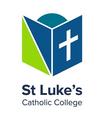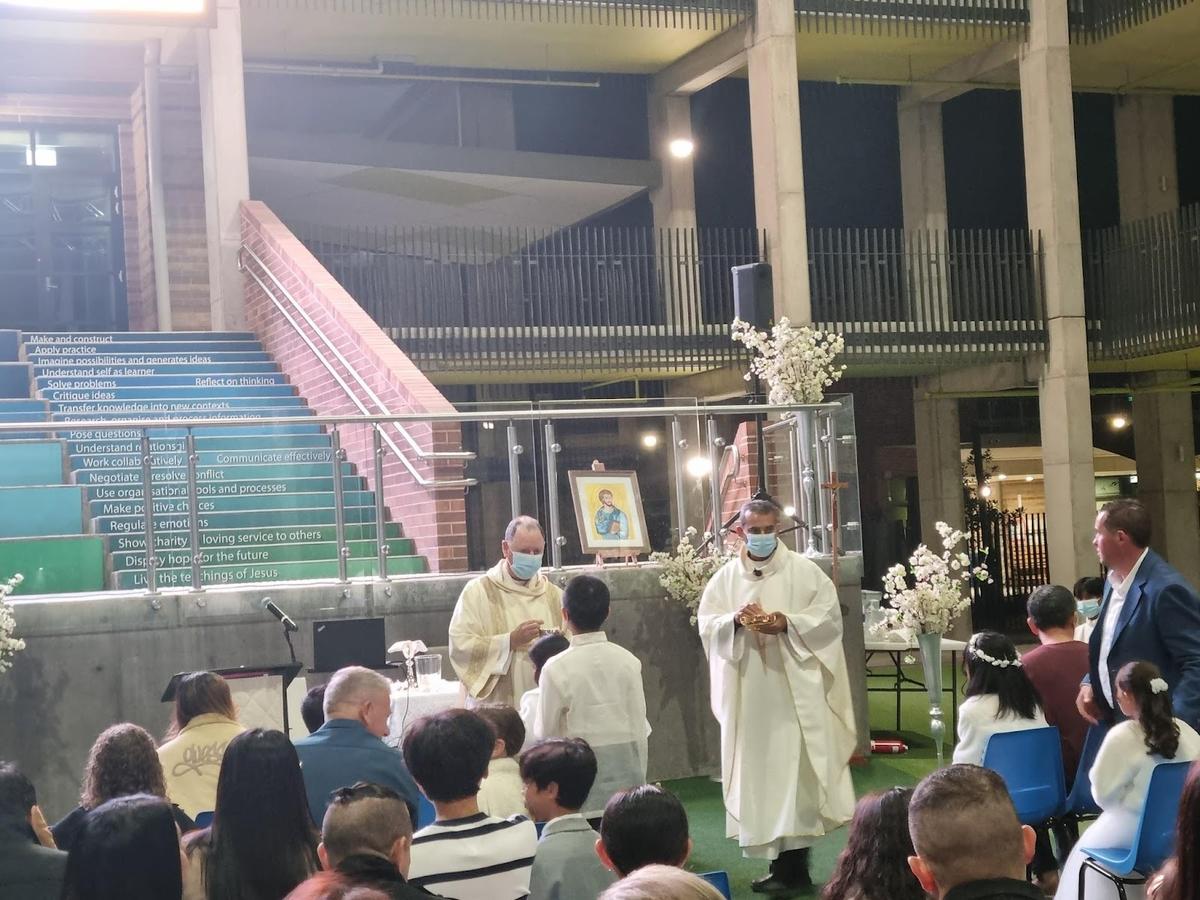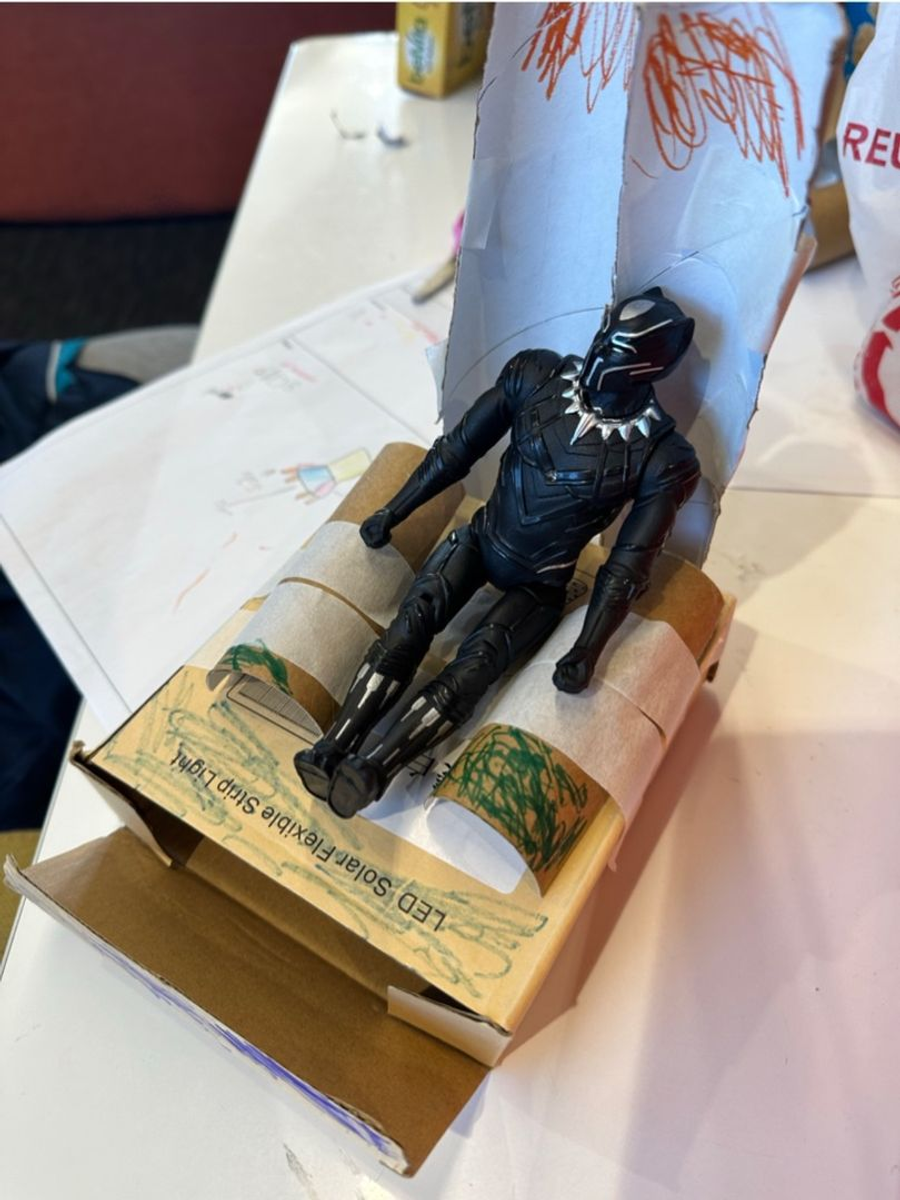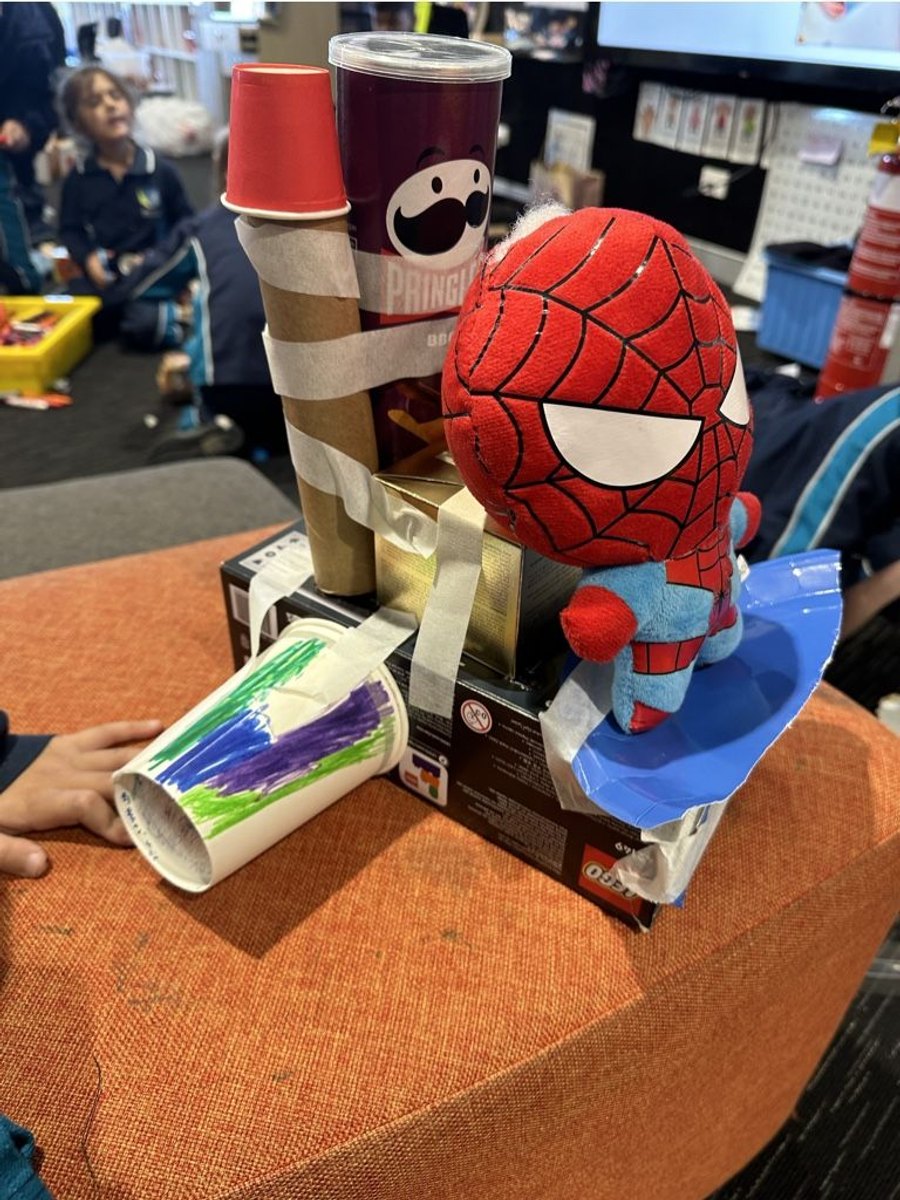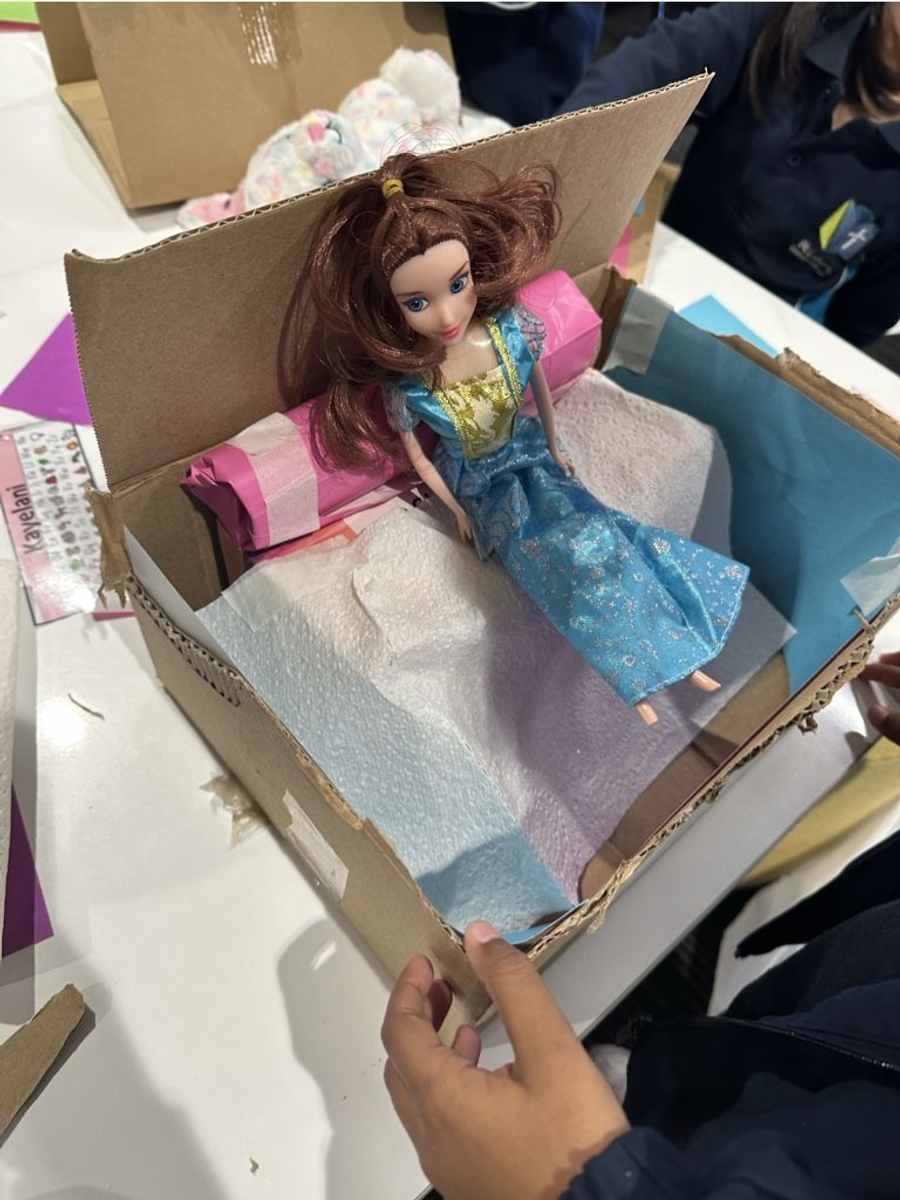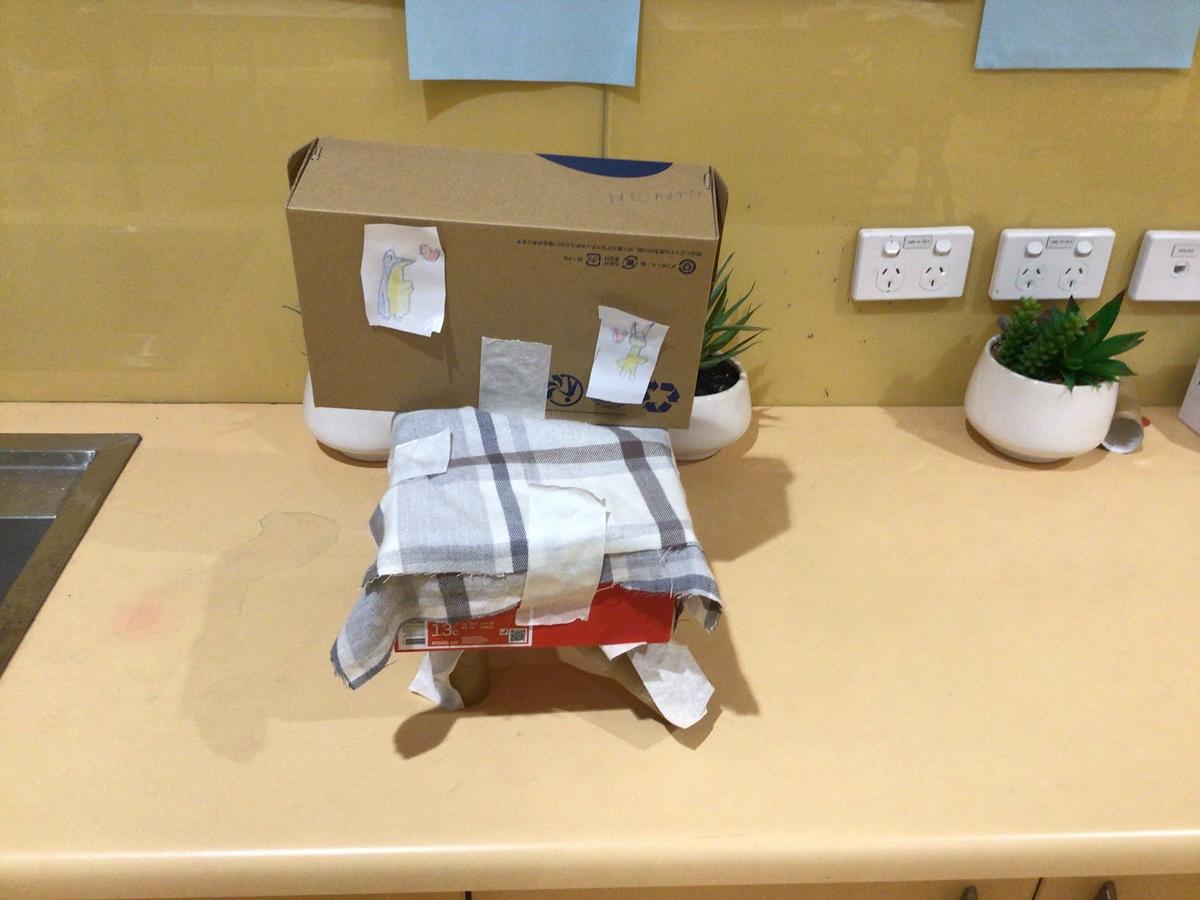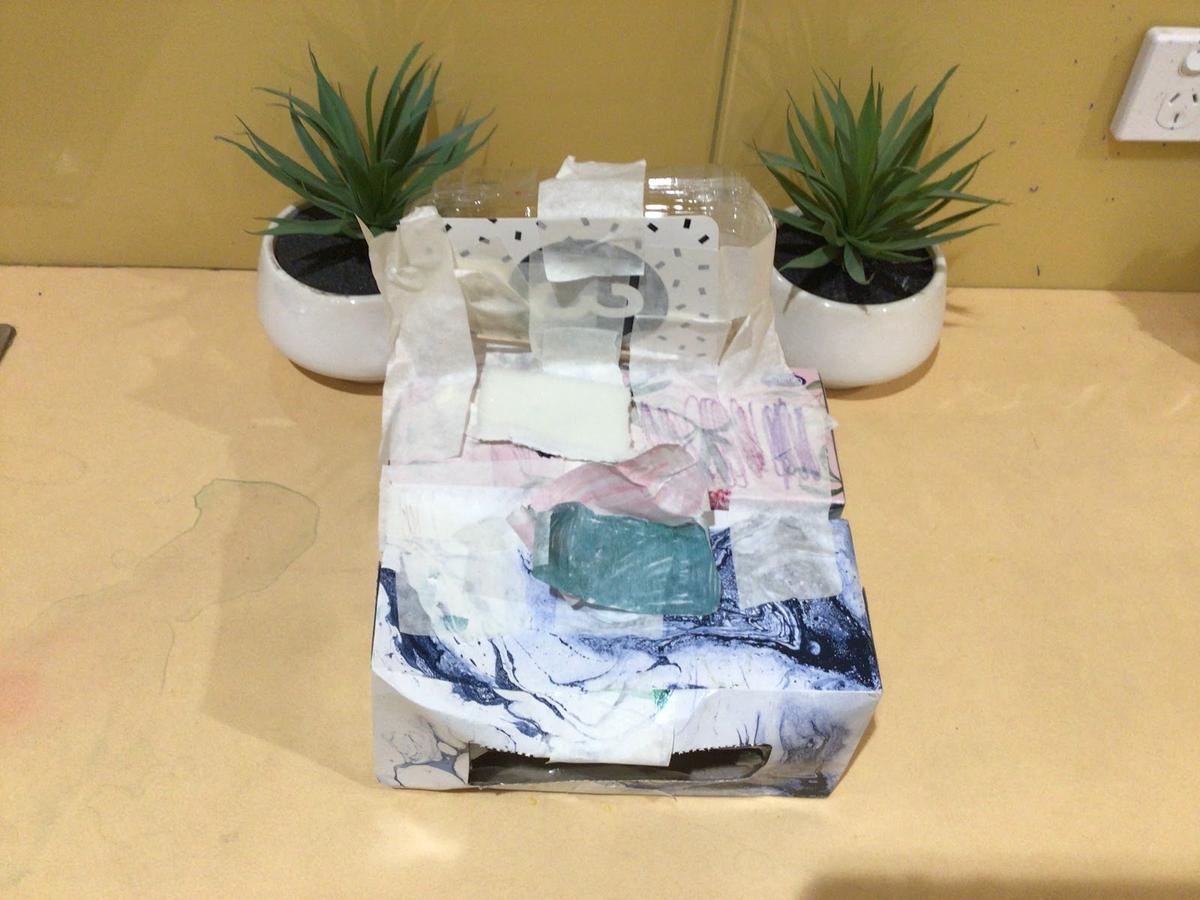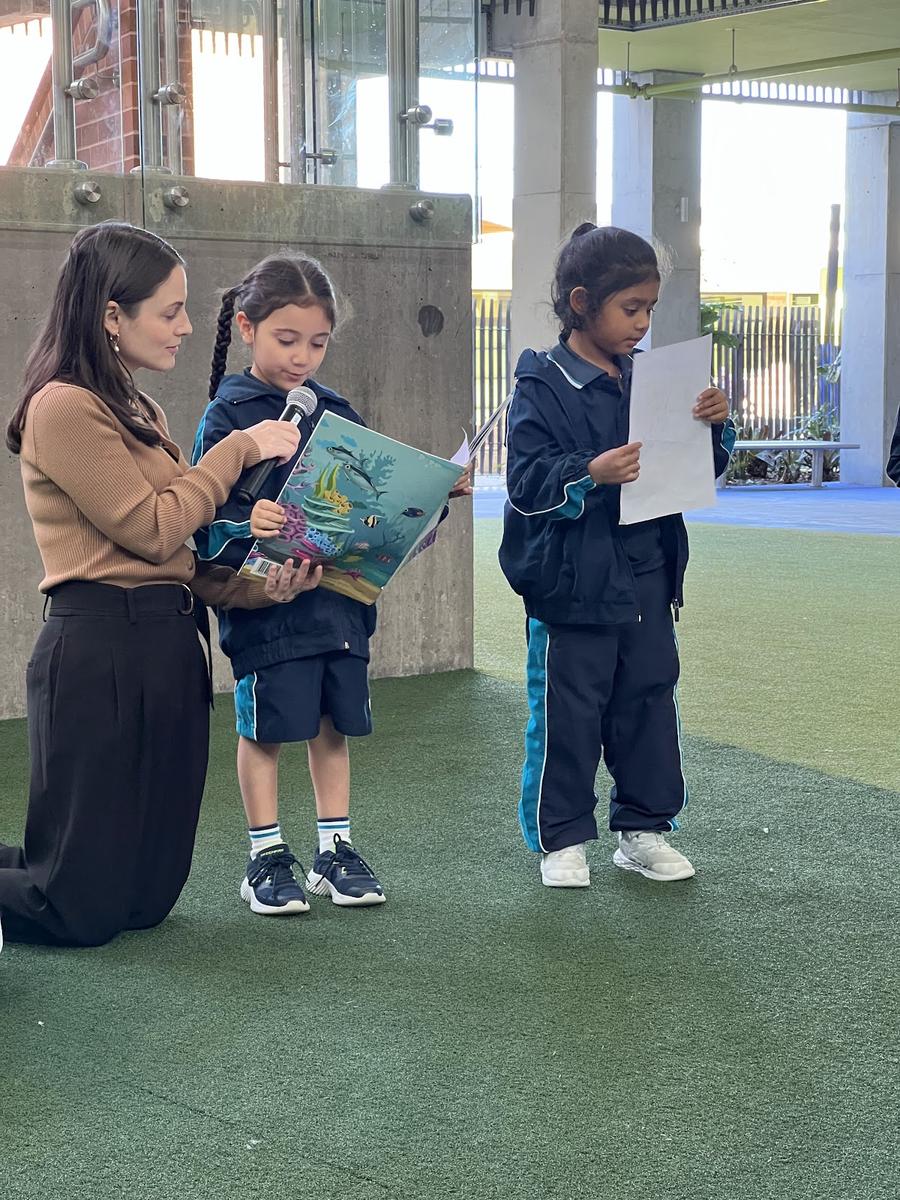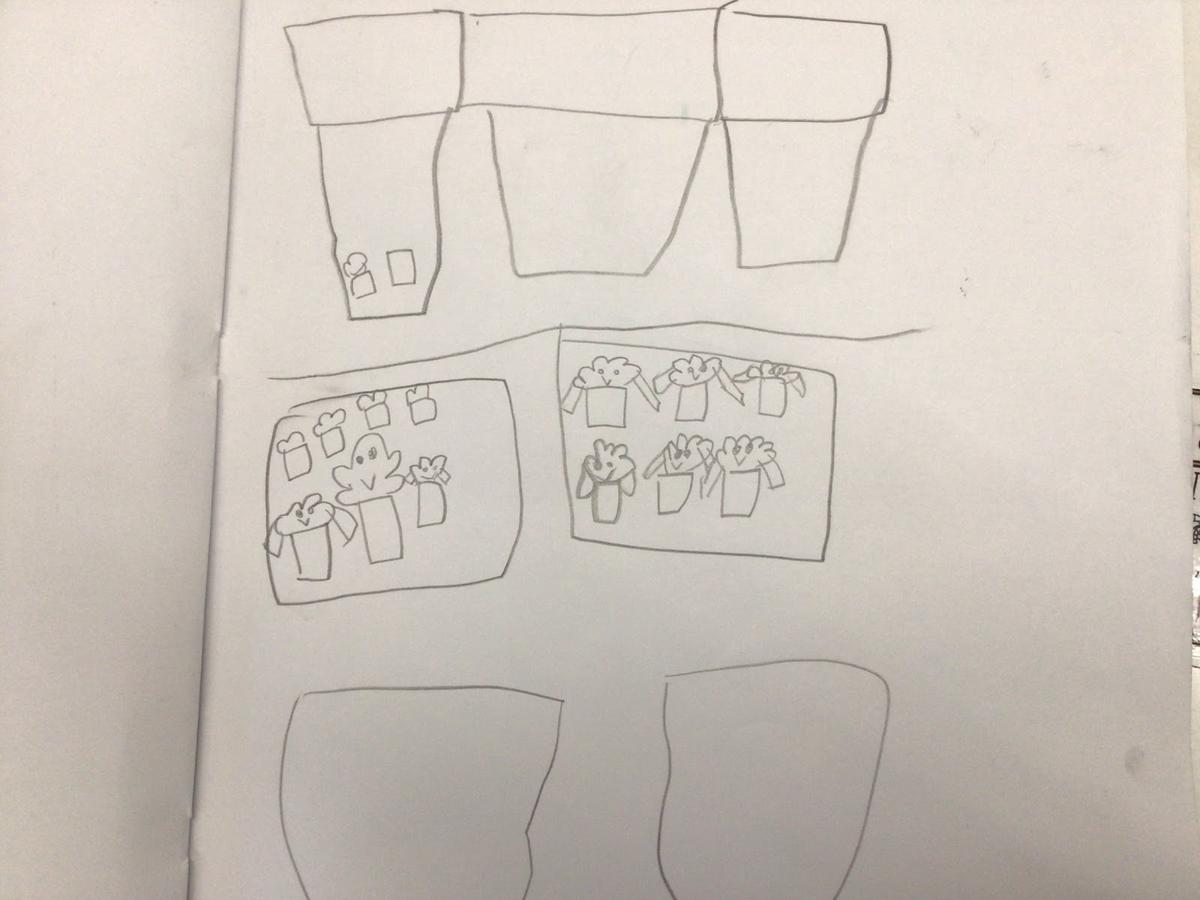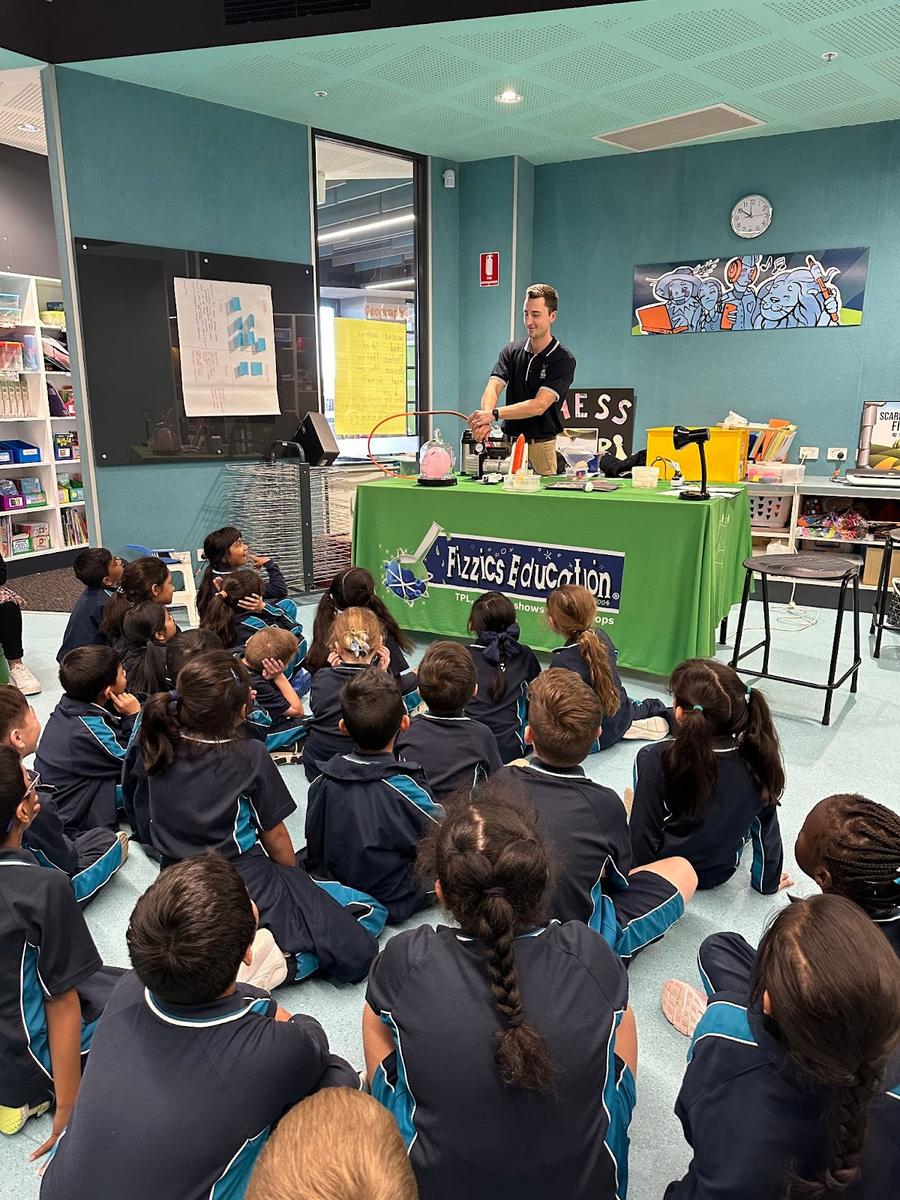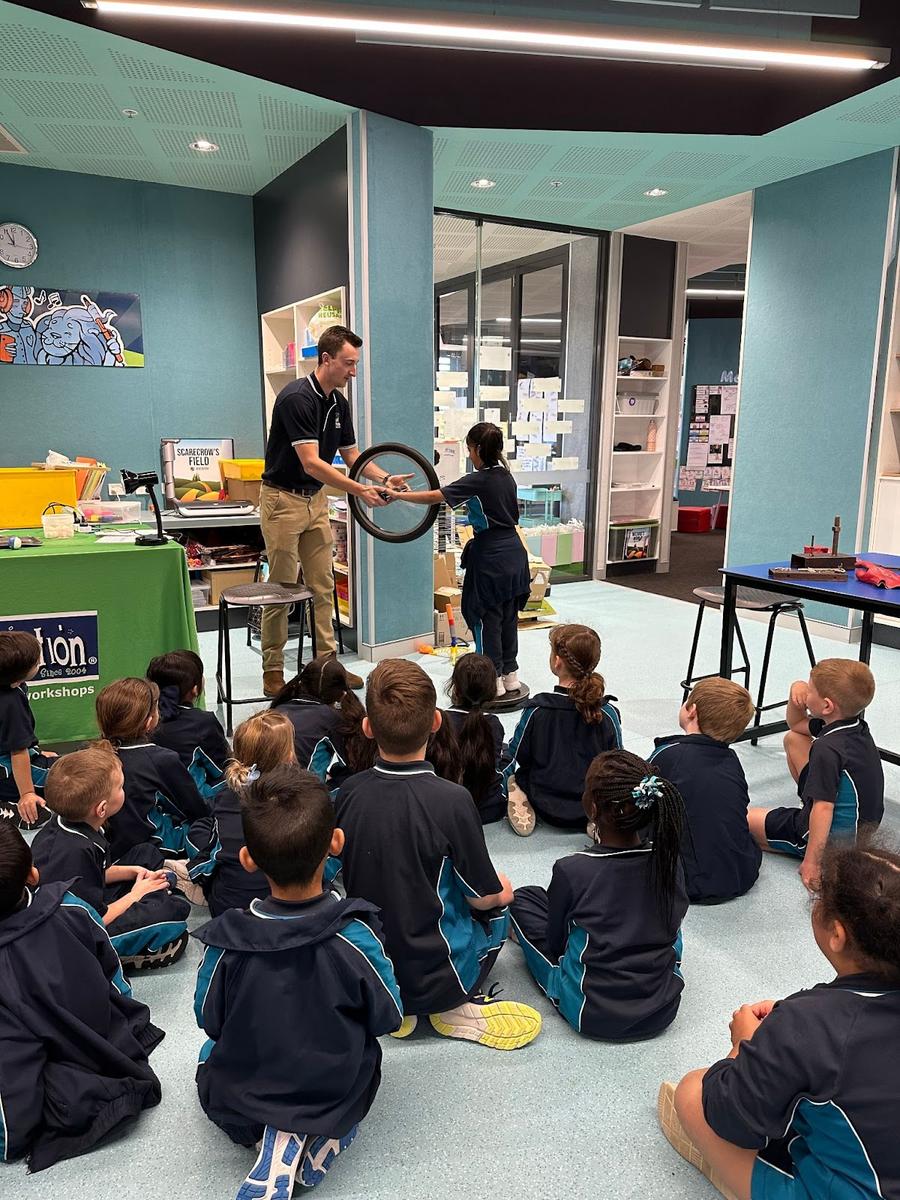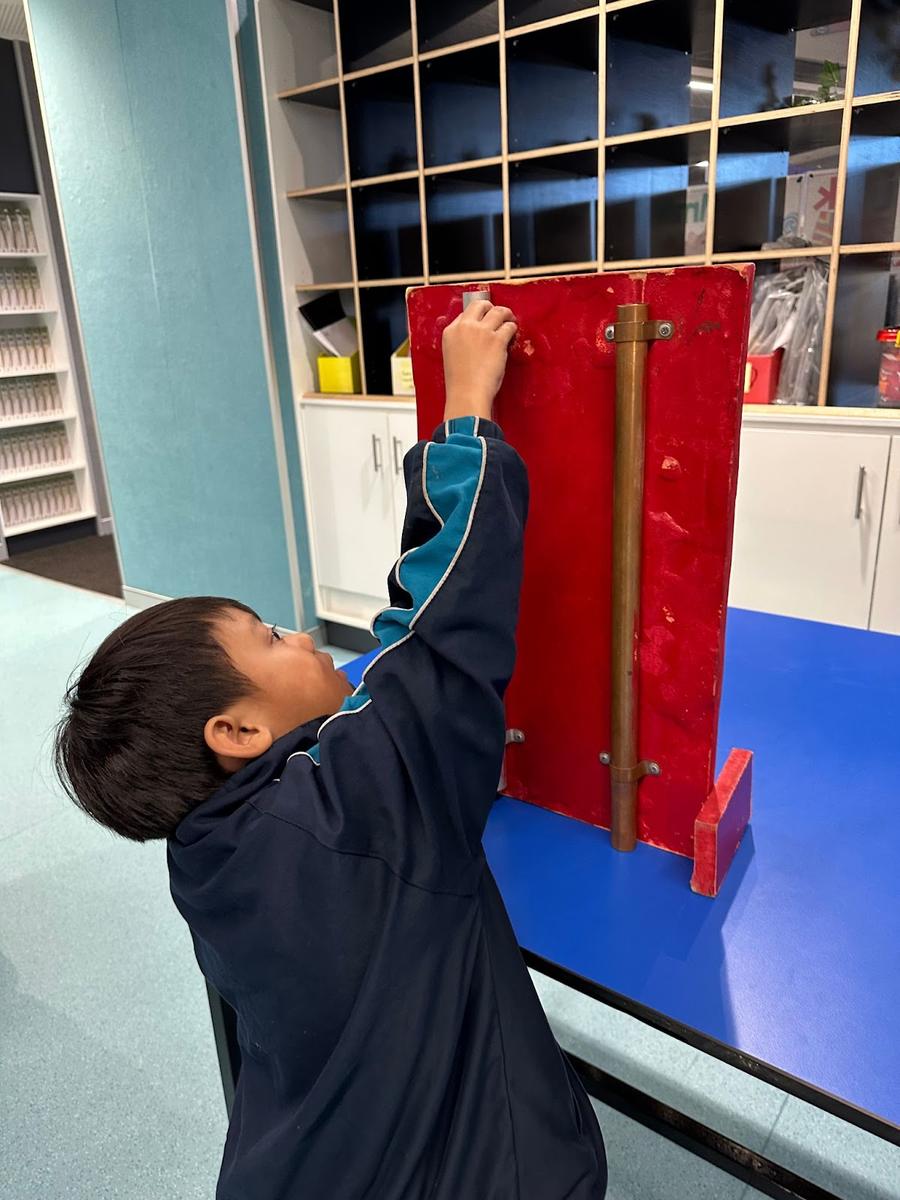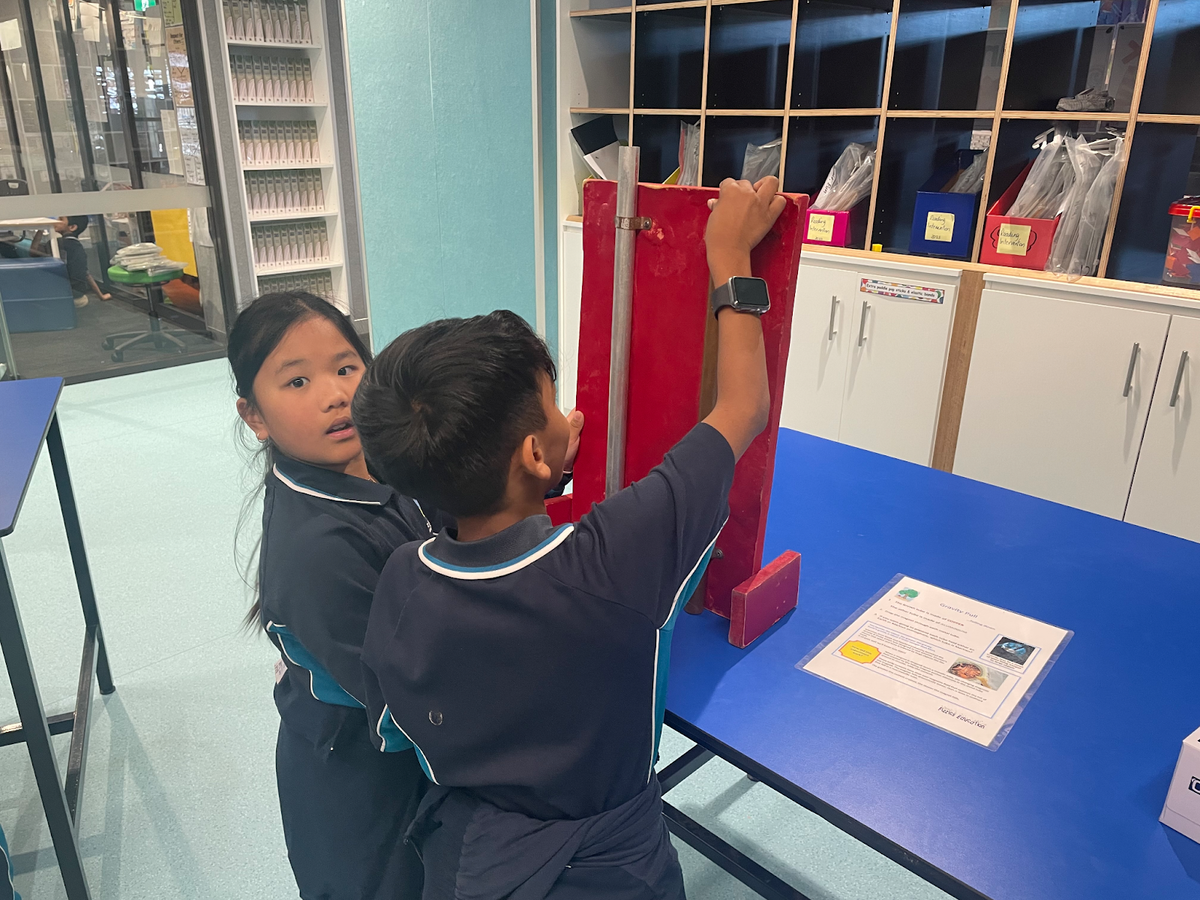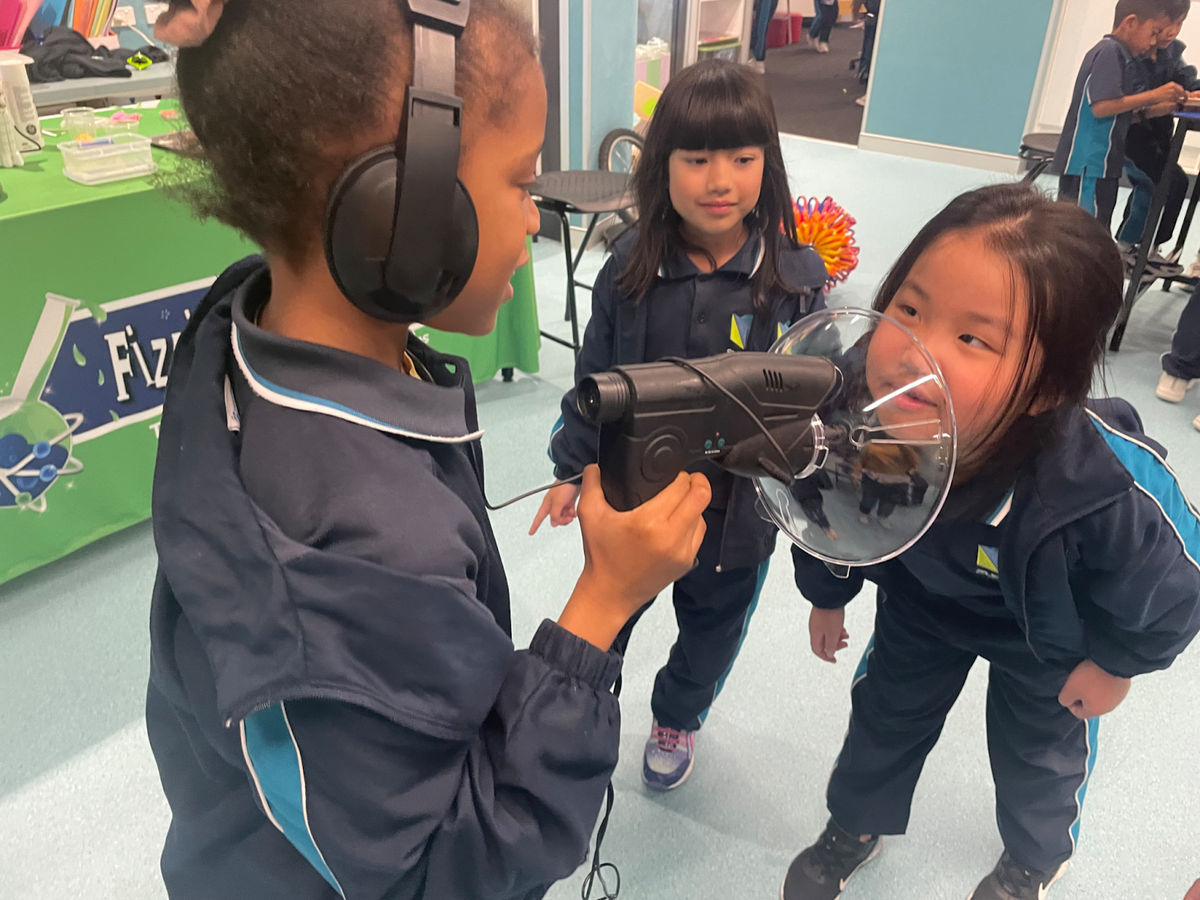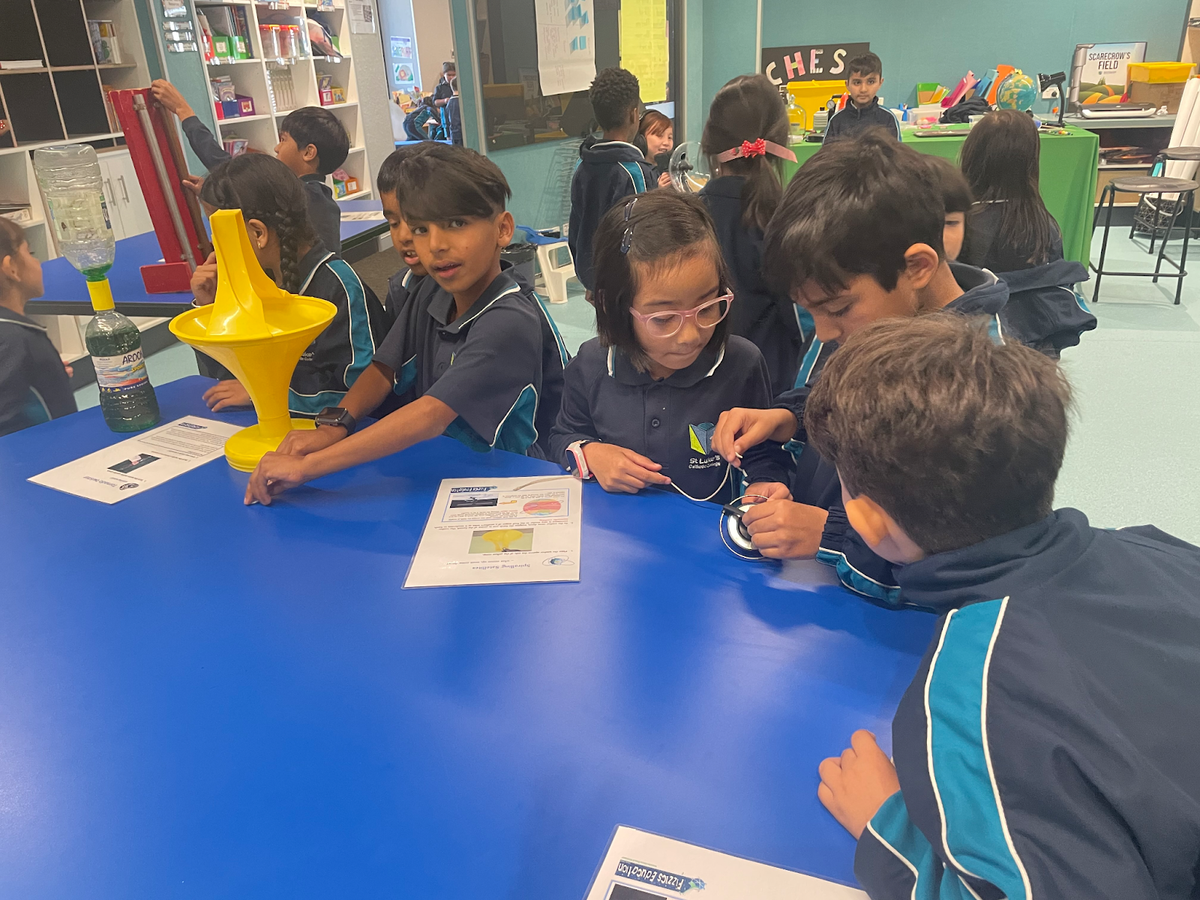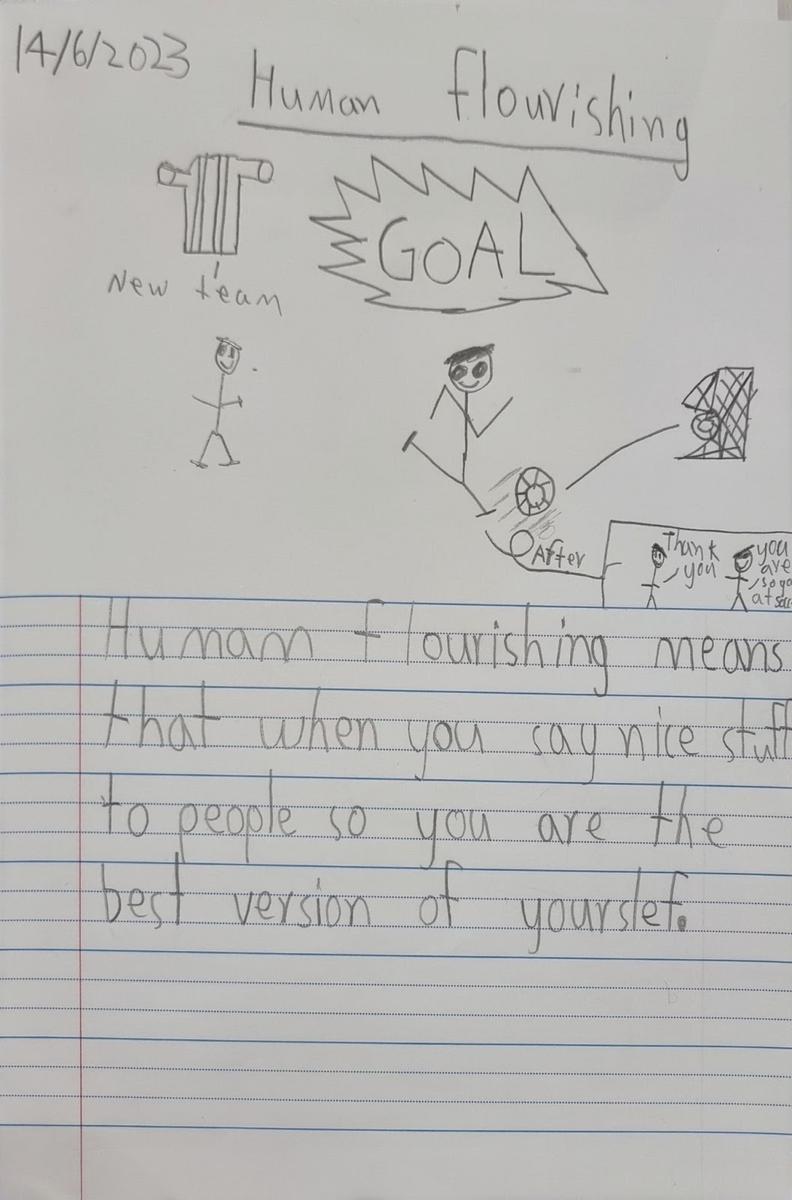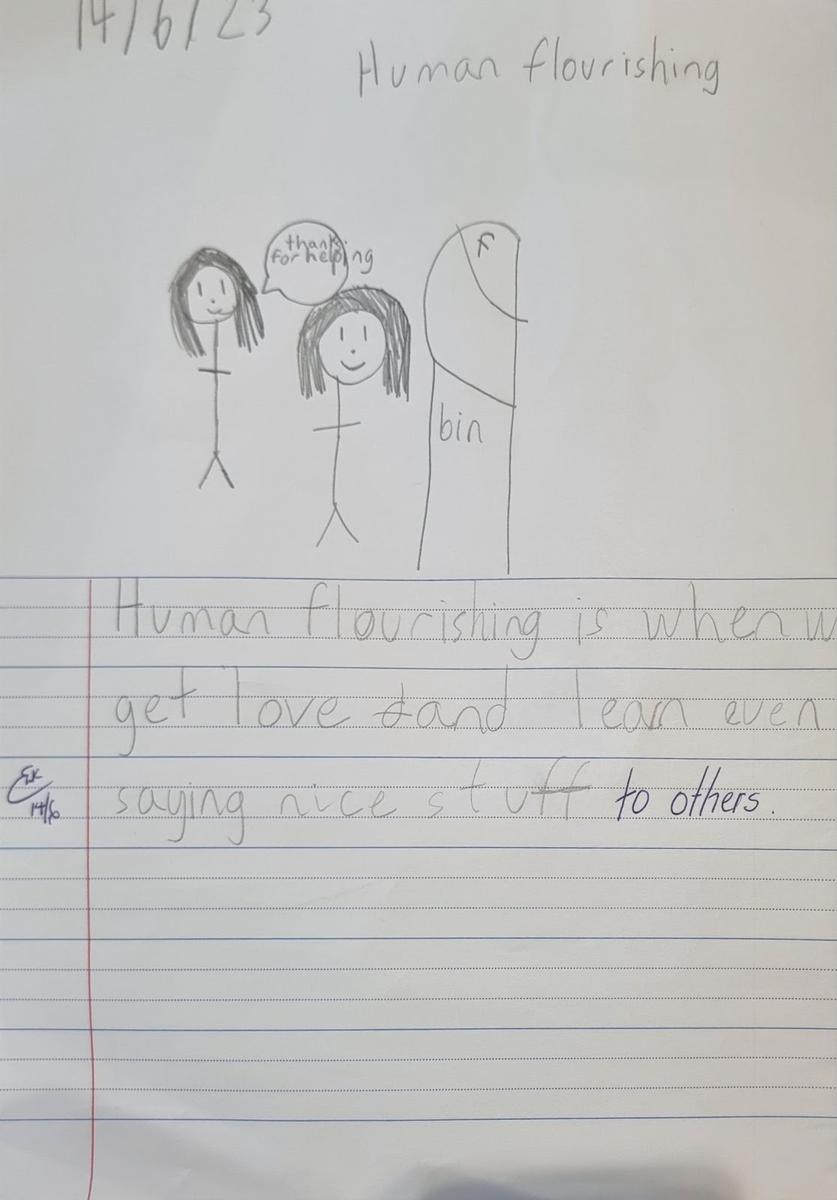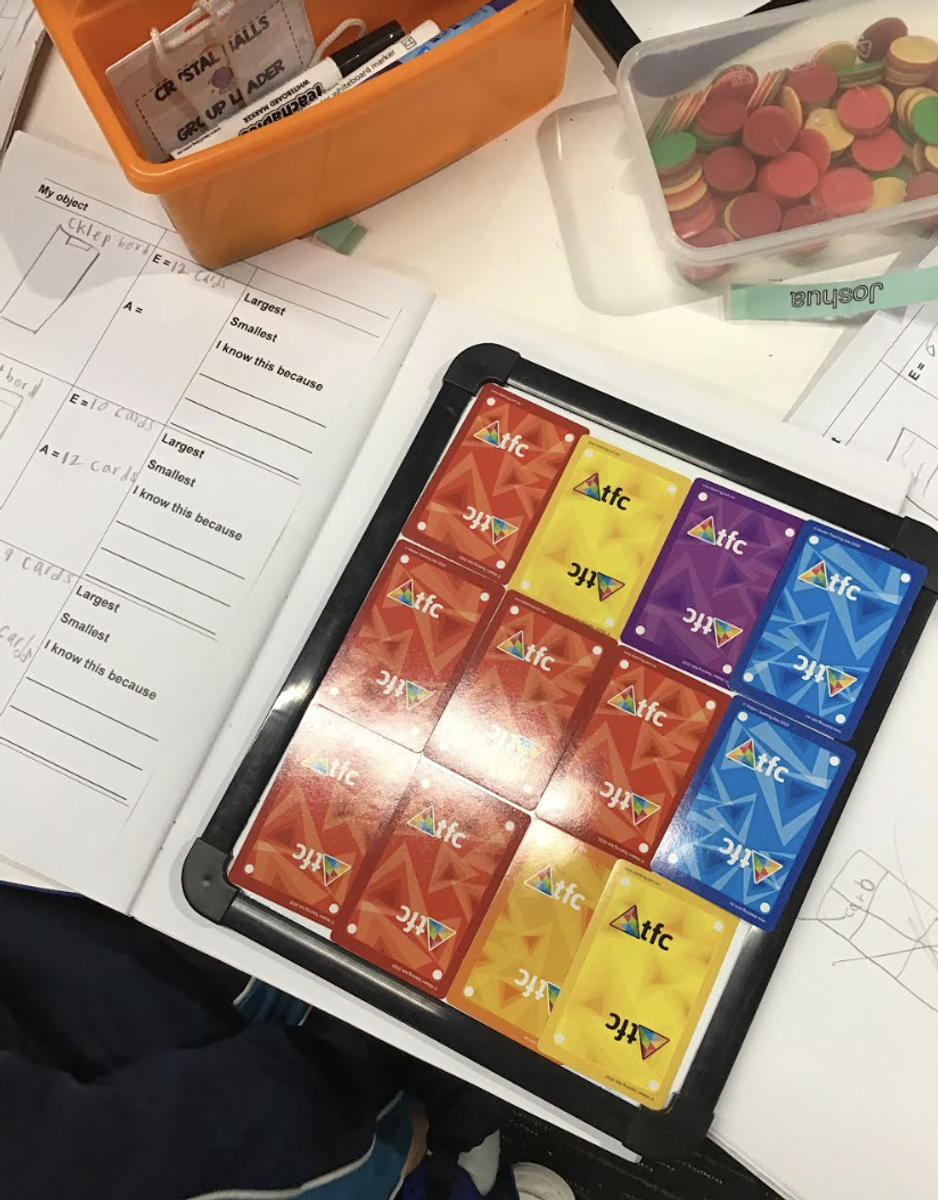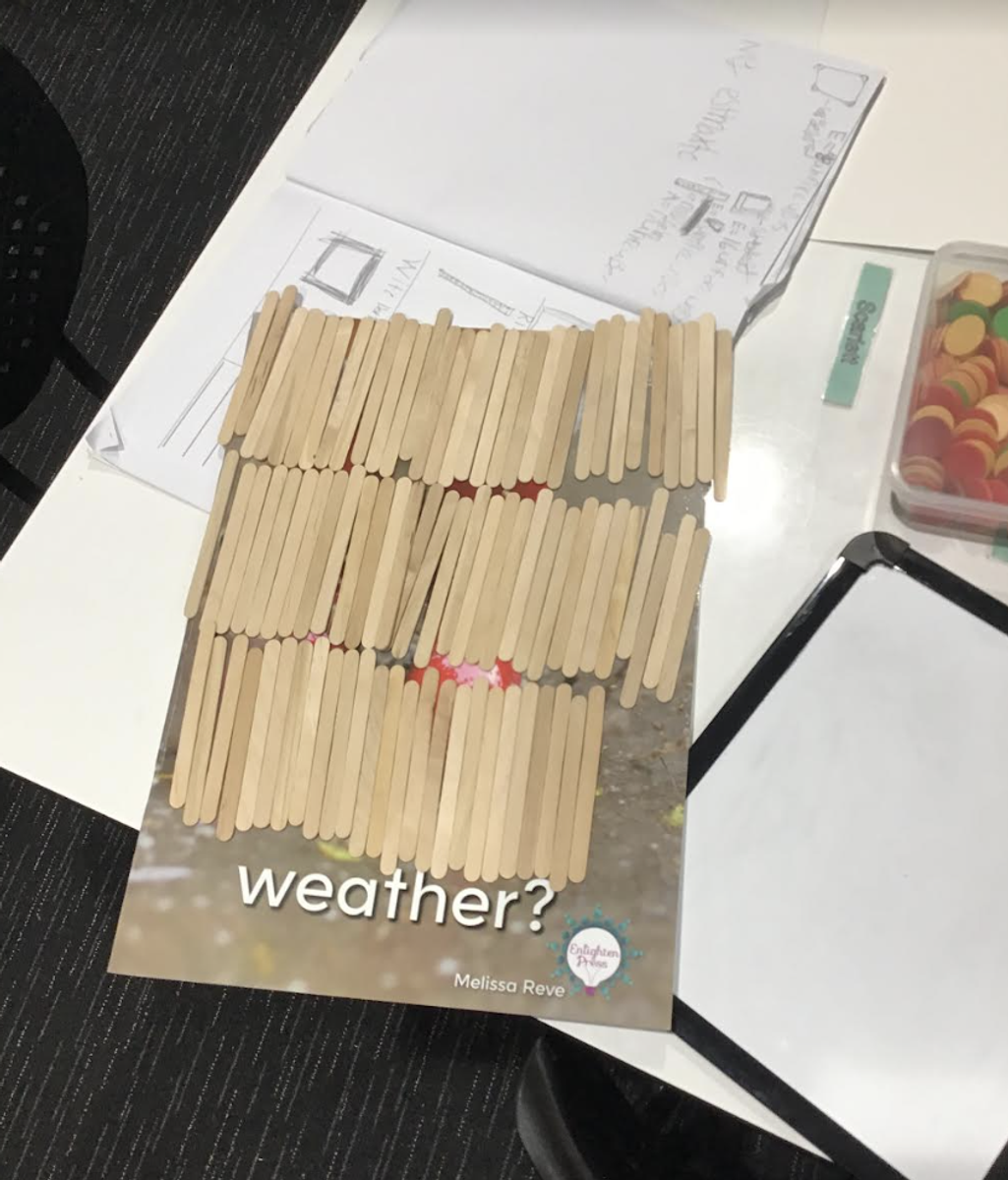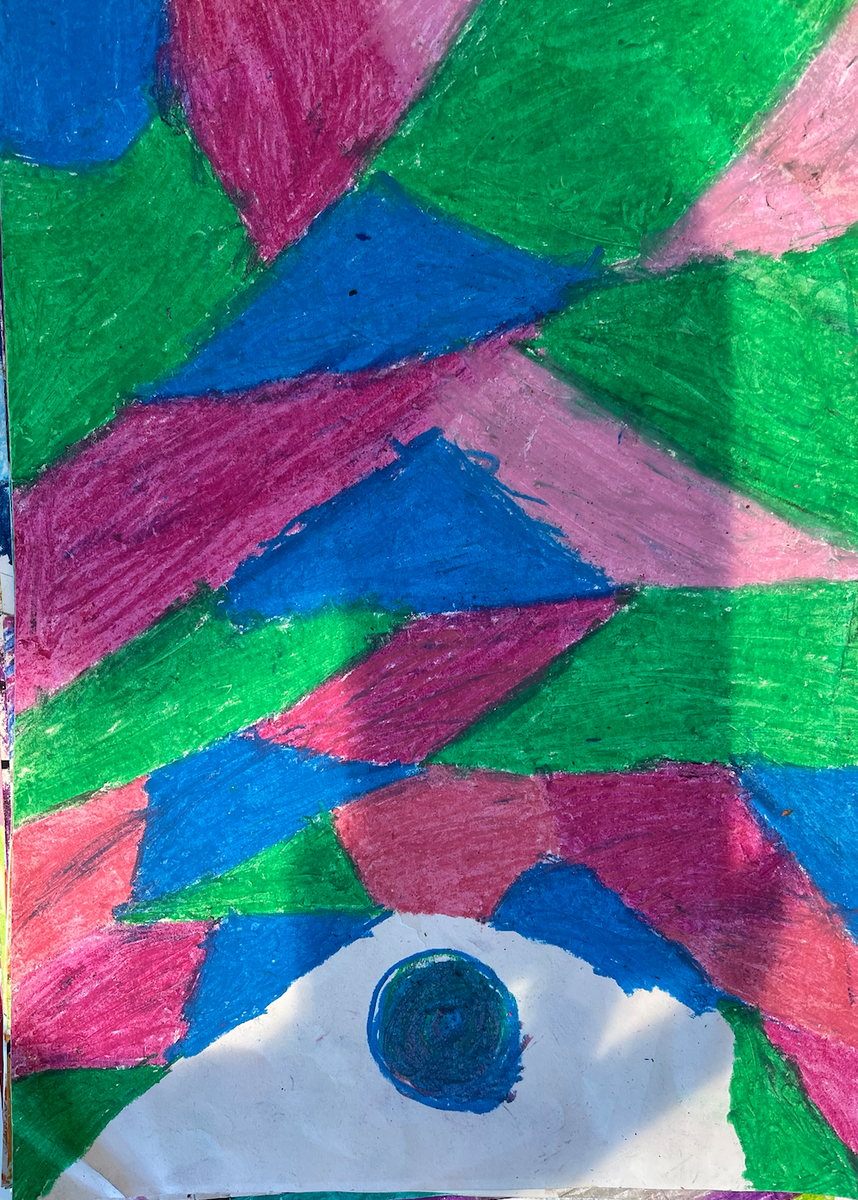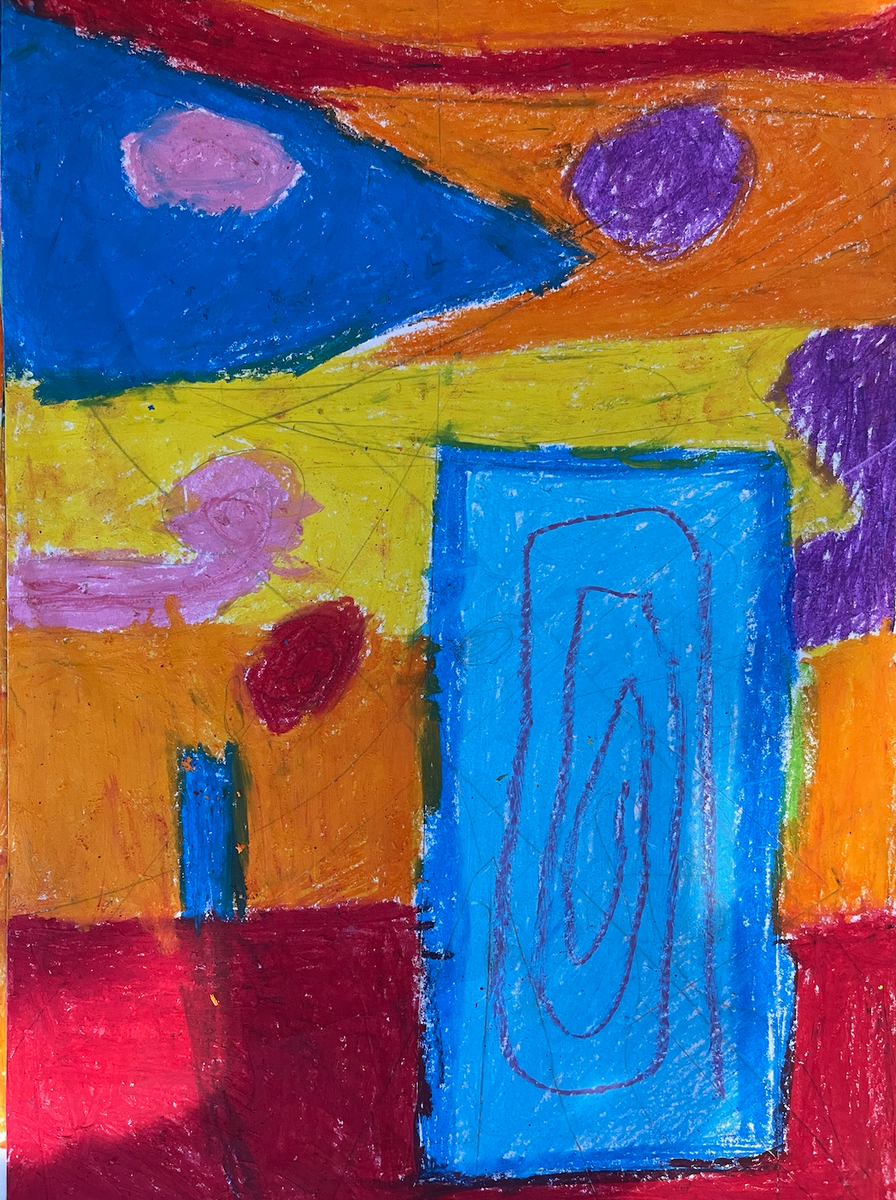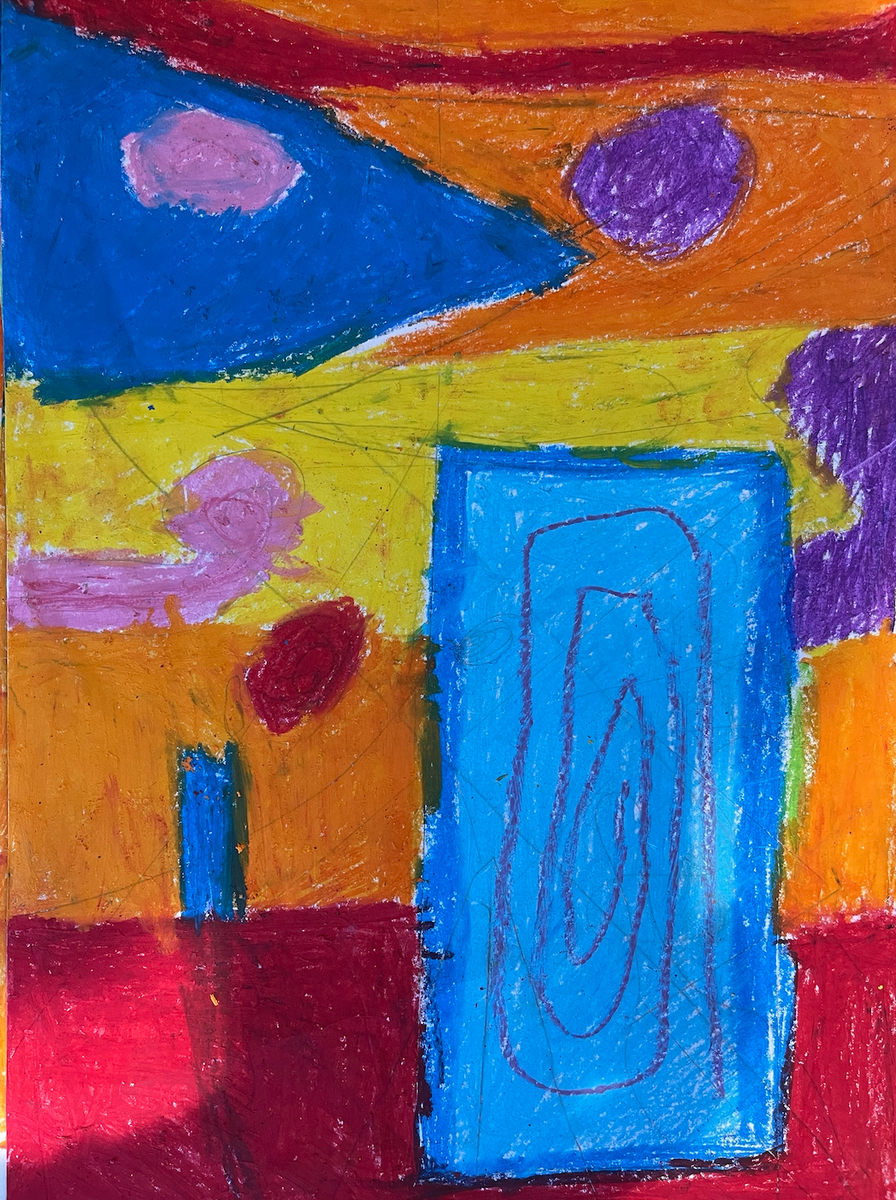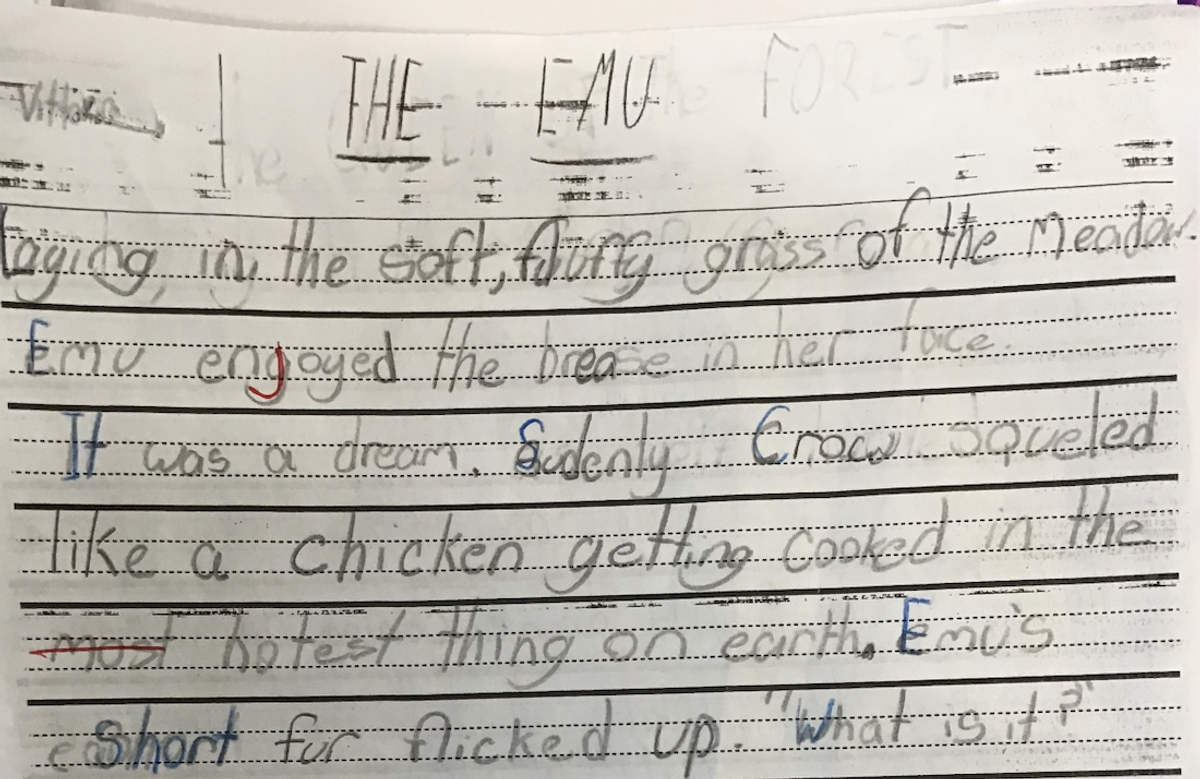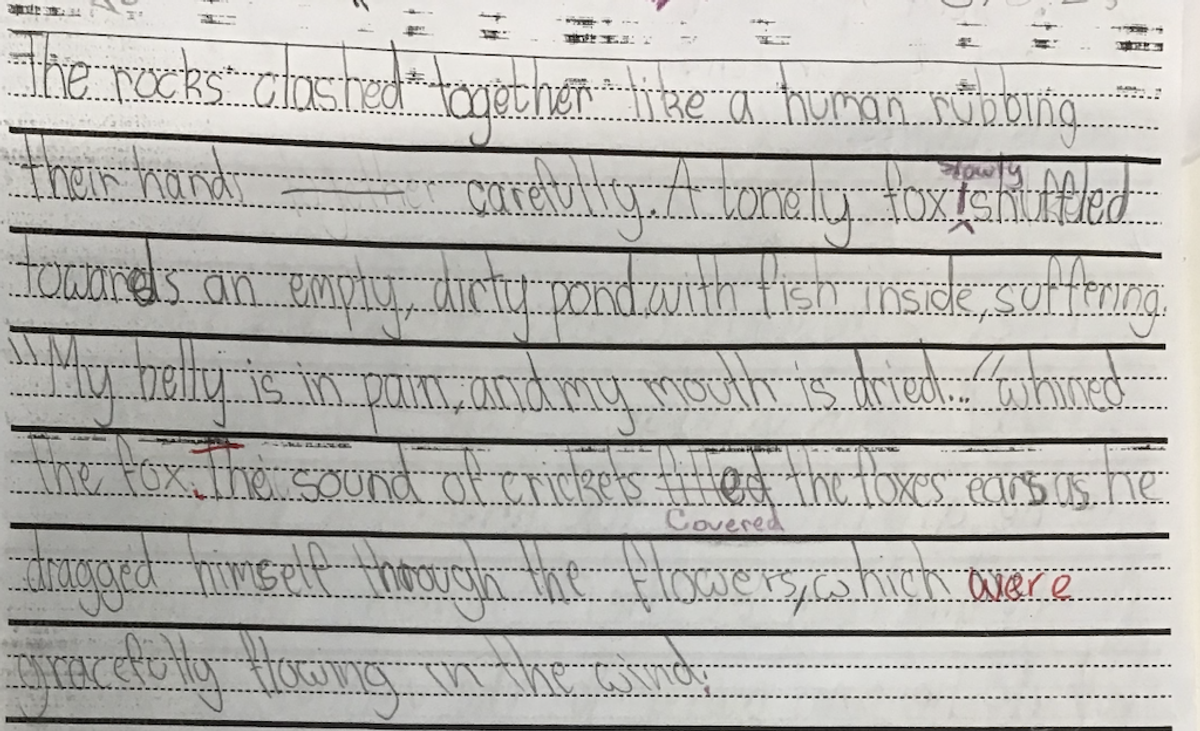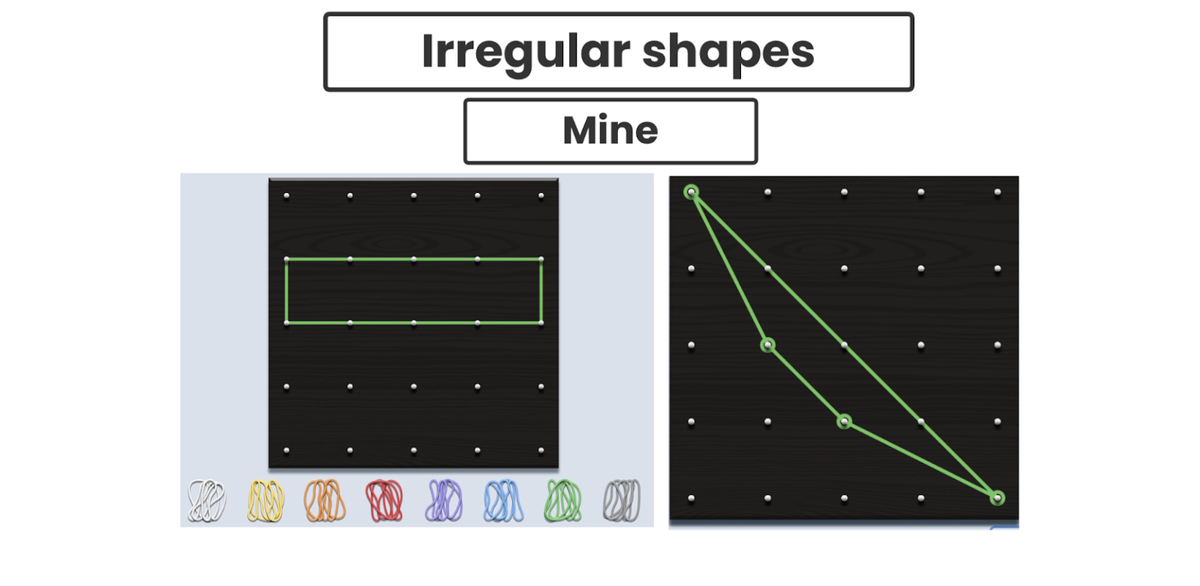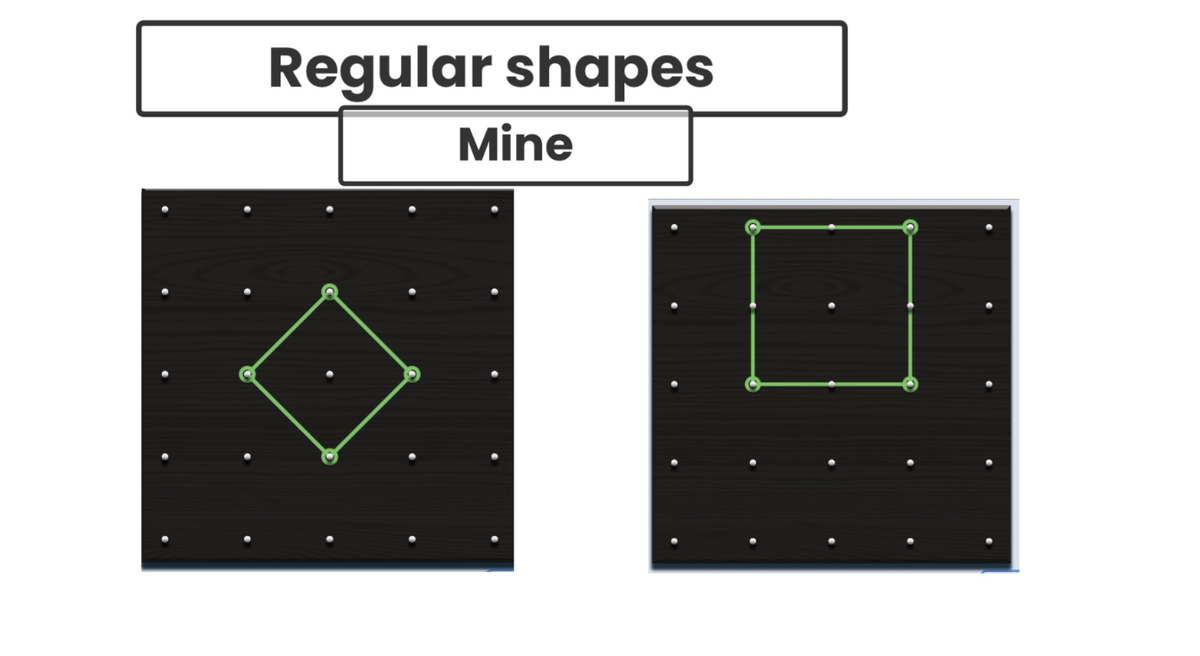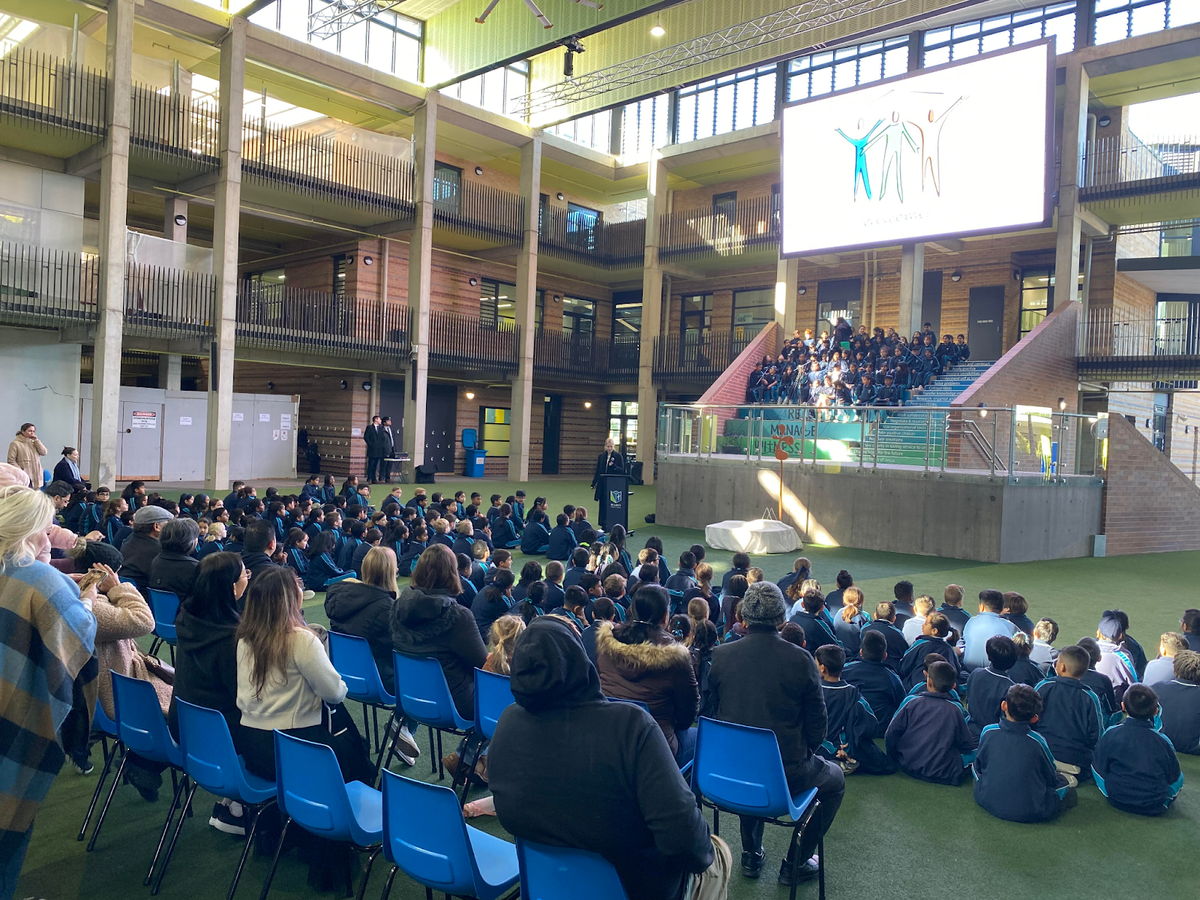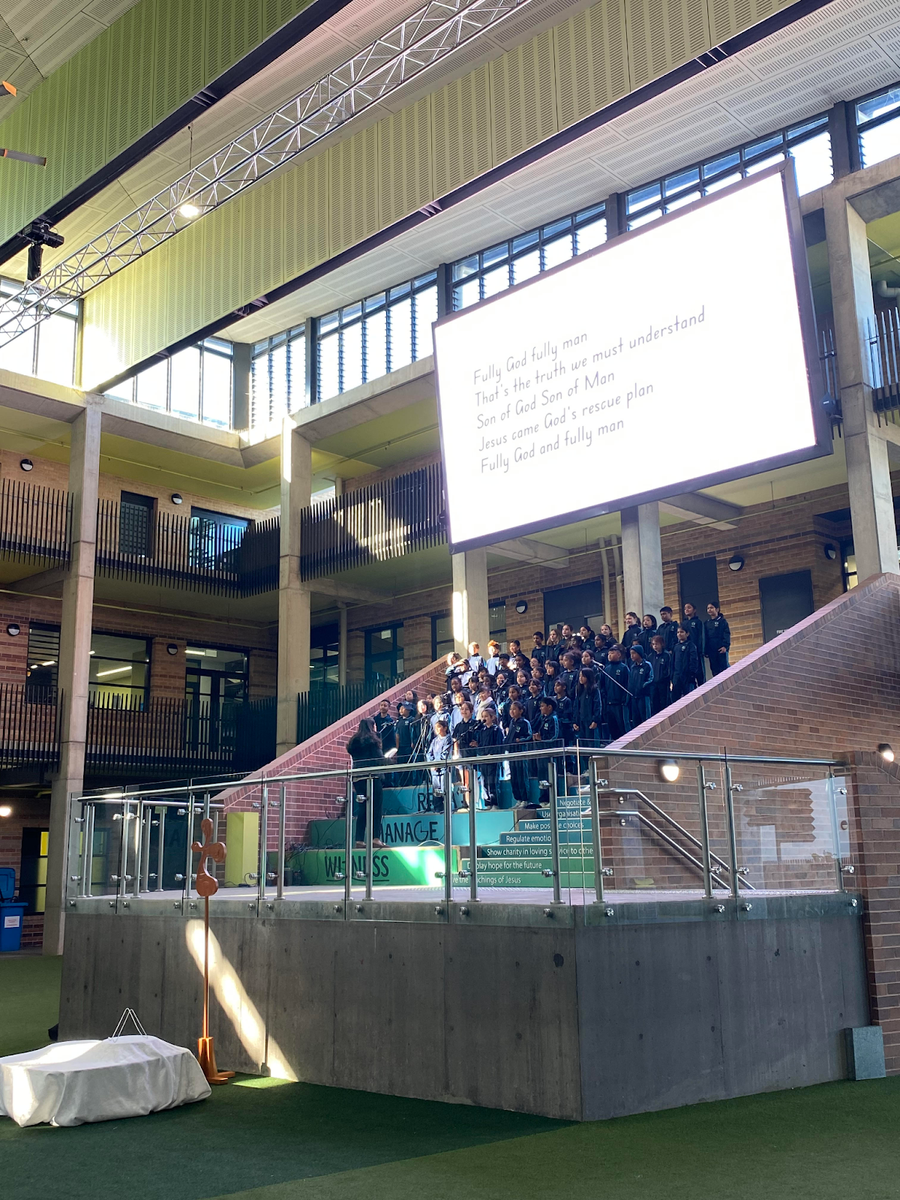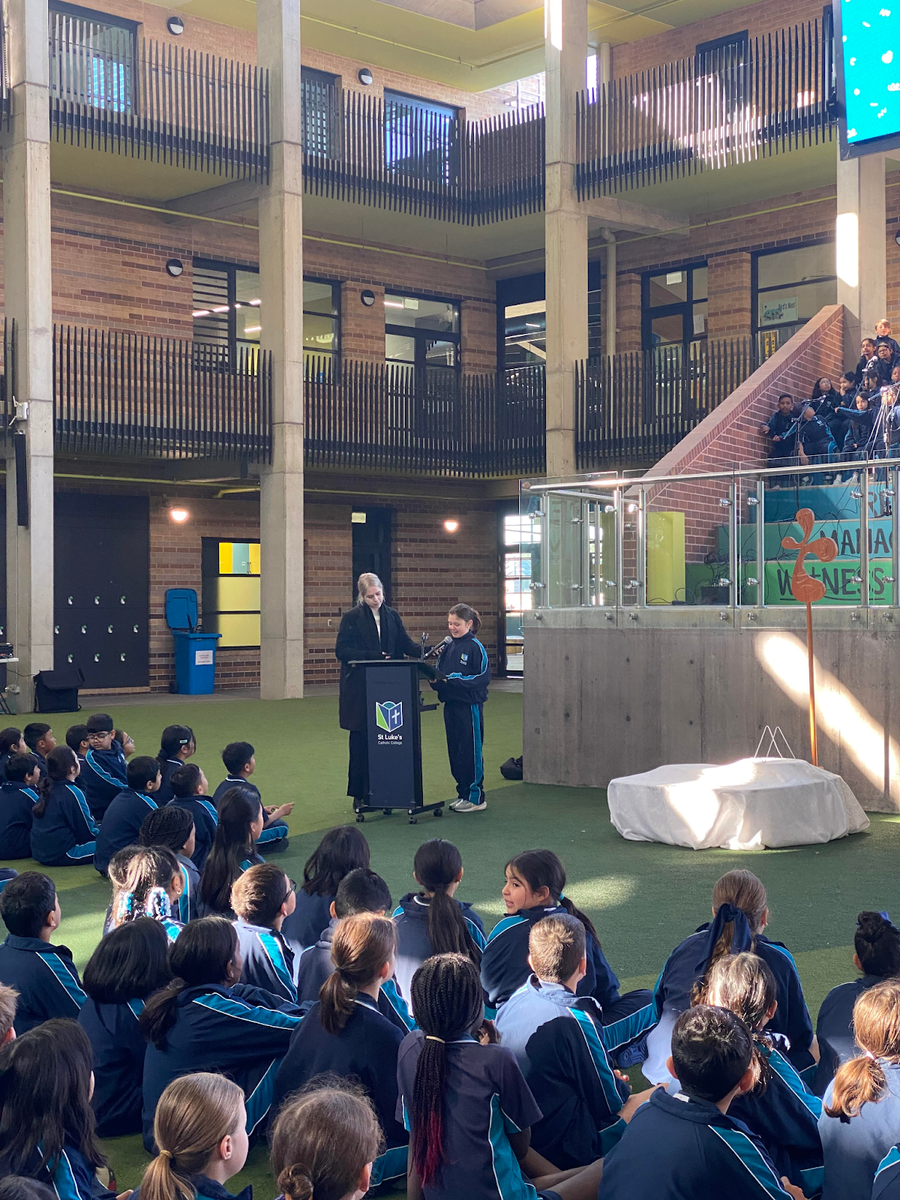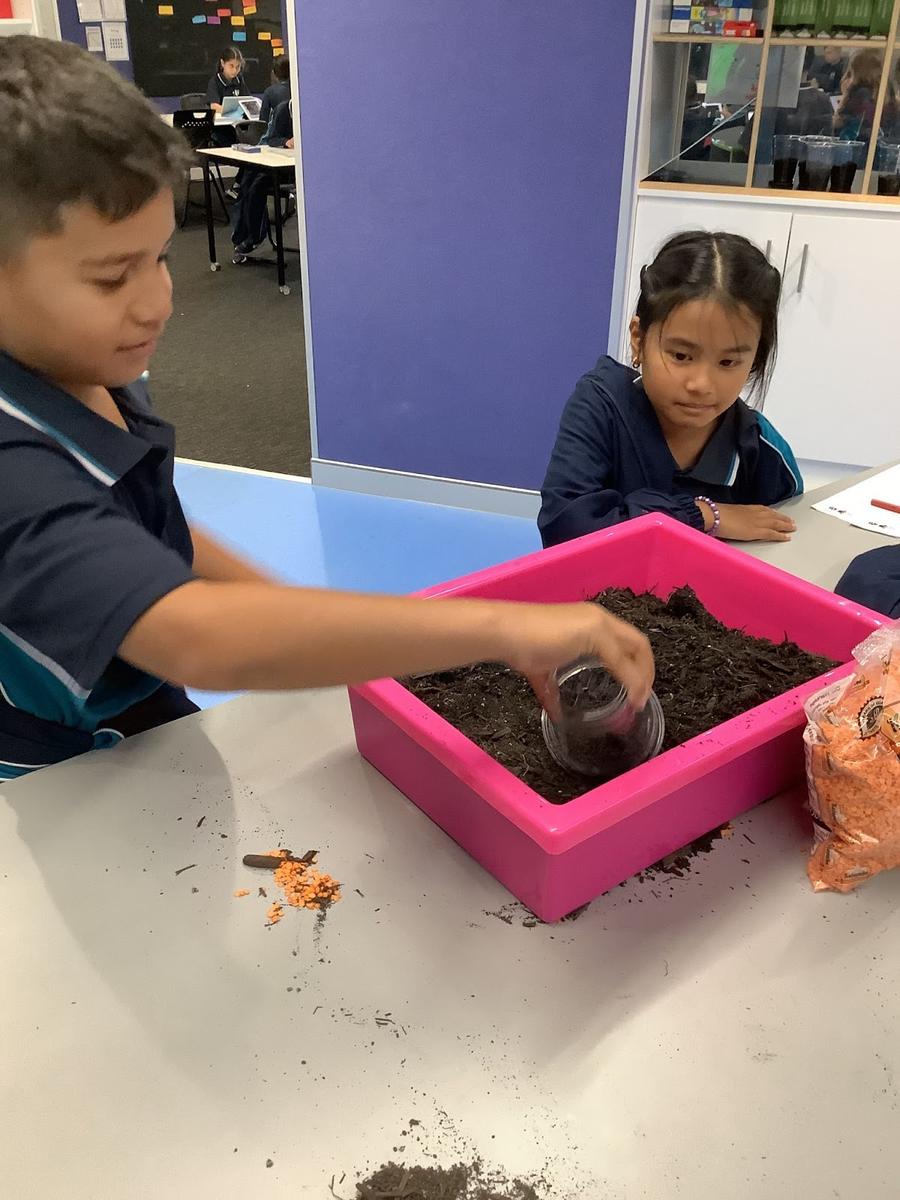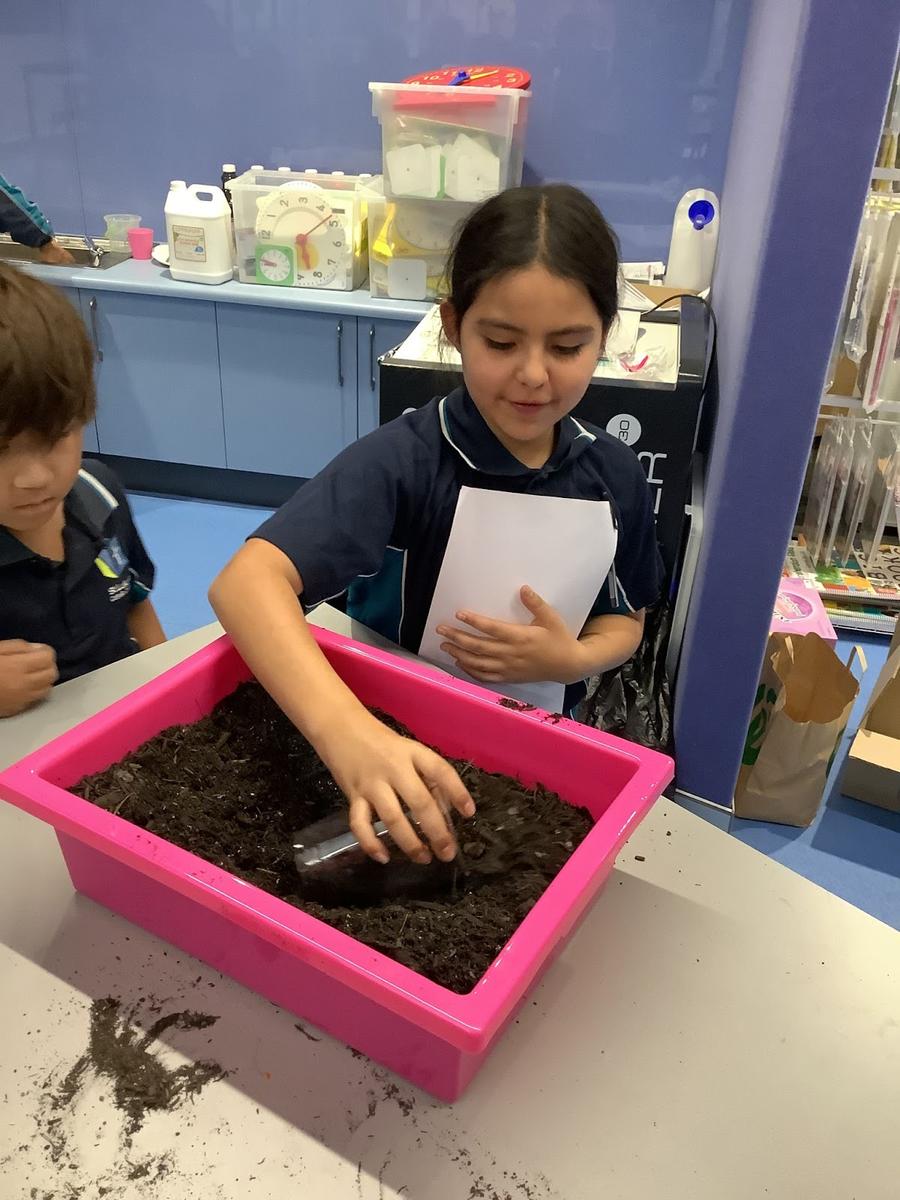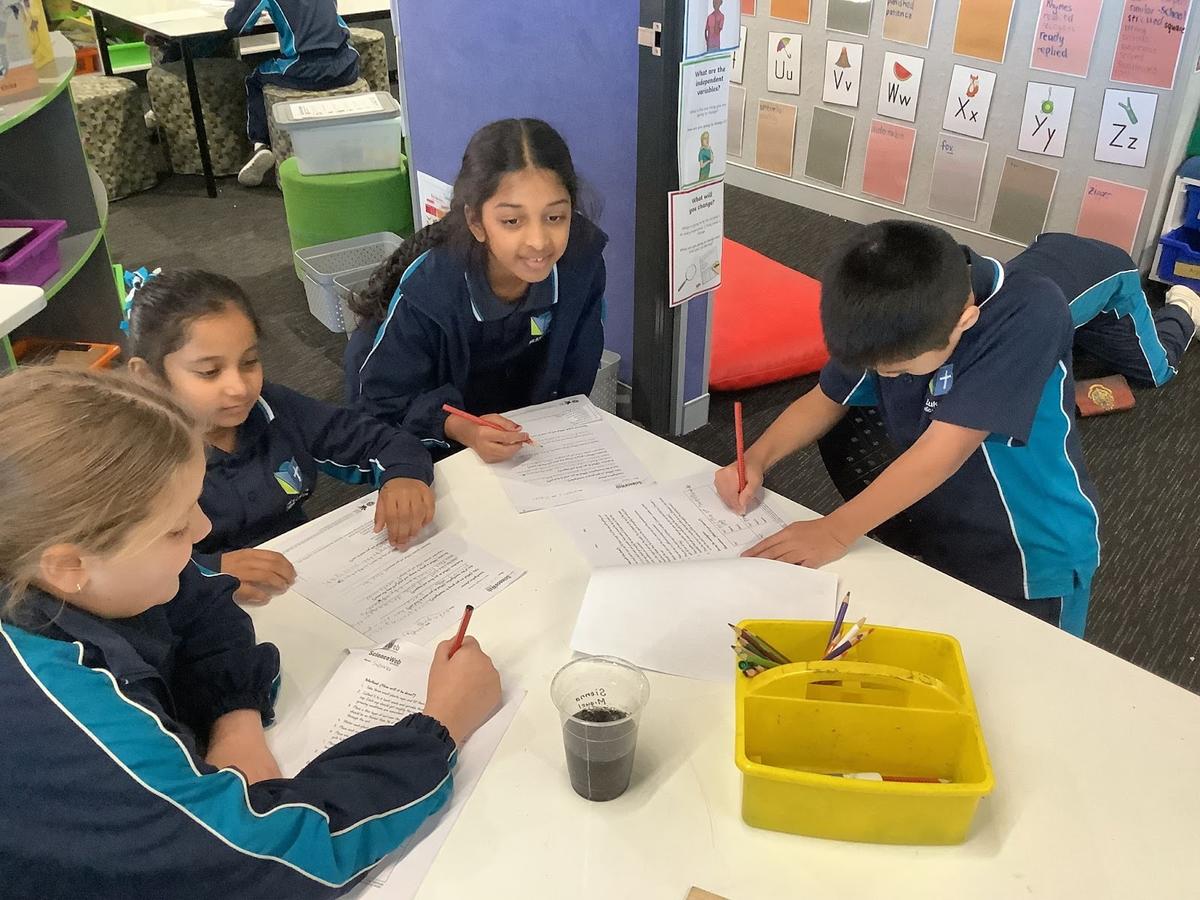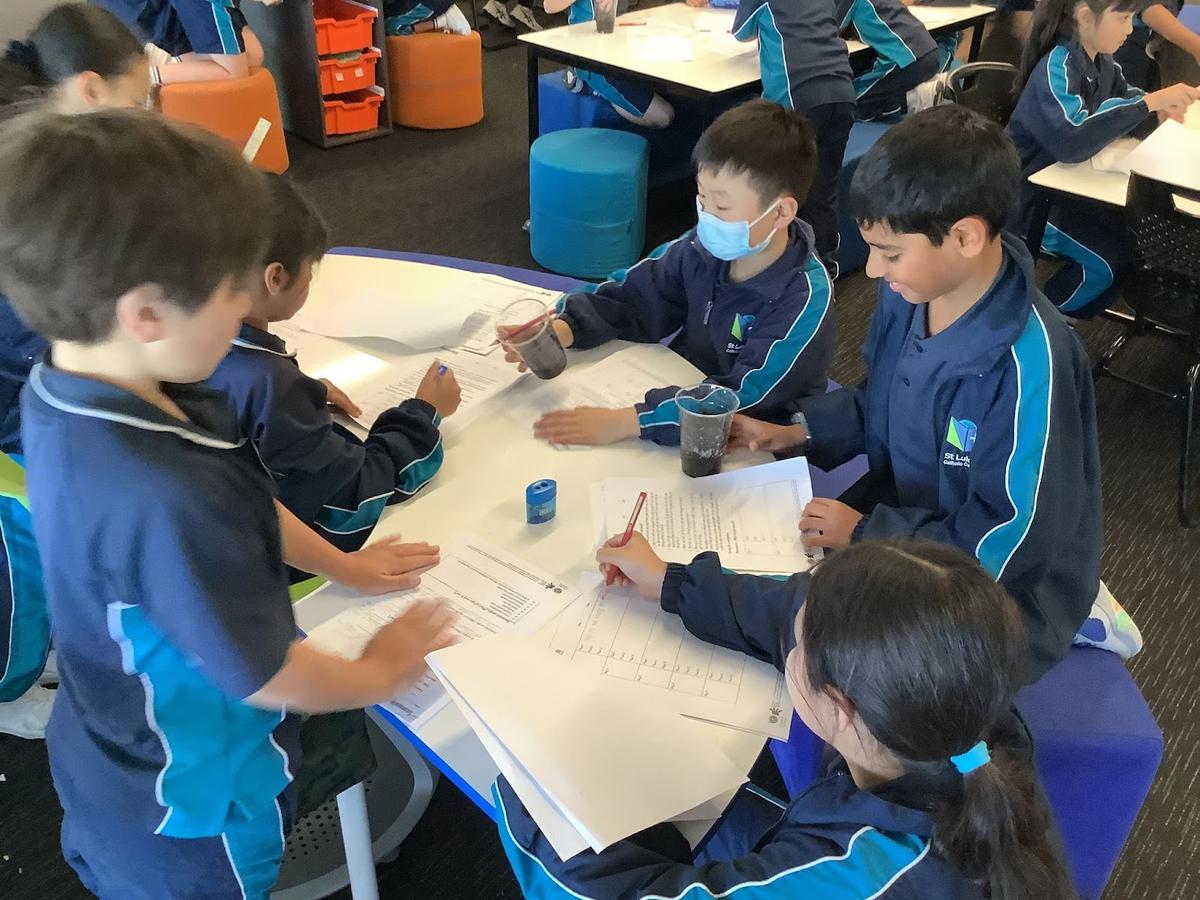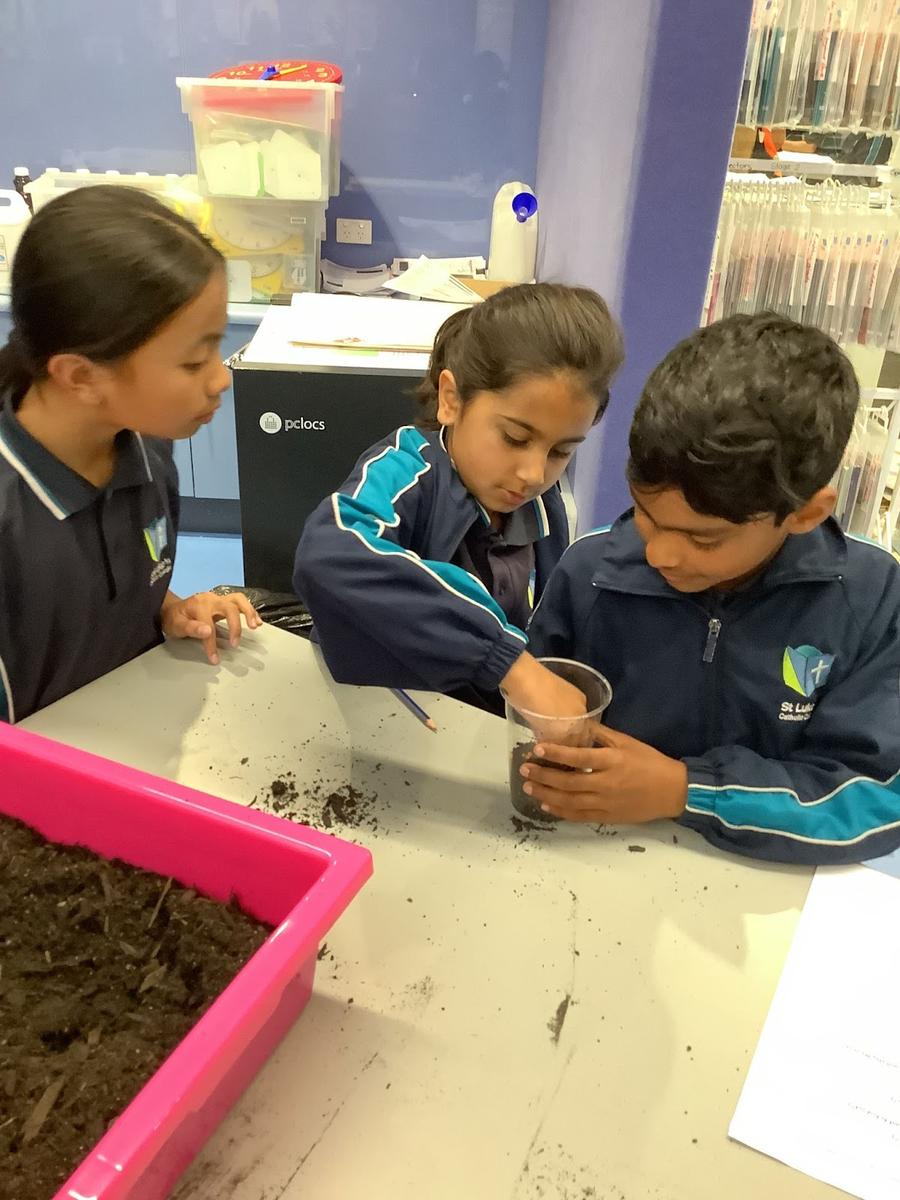School of Foundations
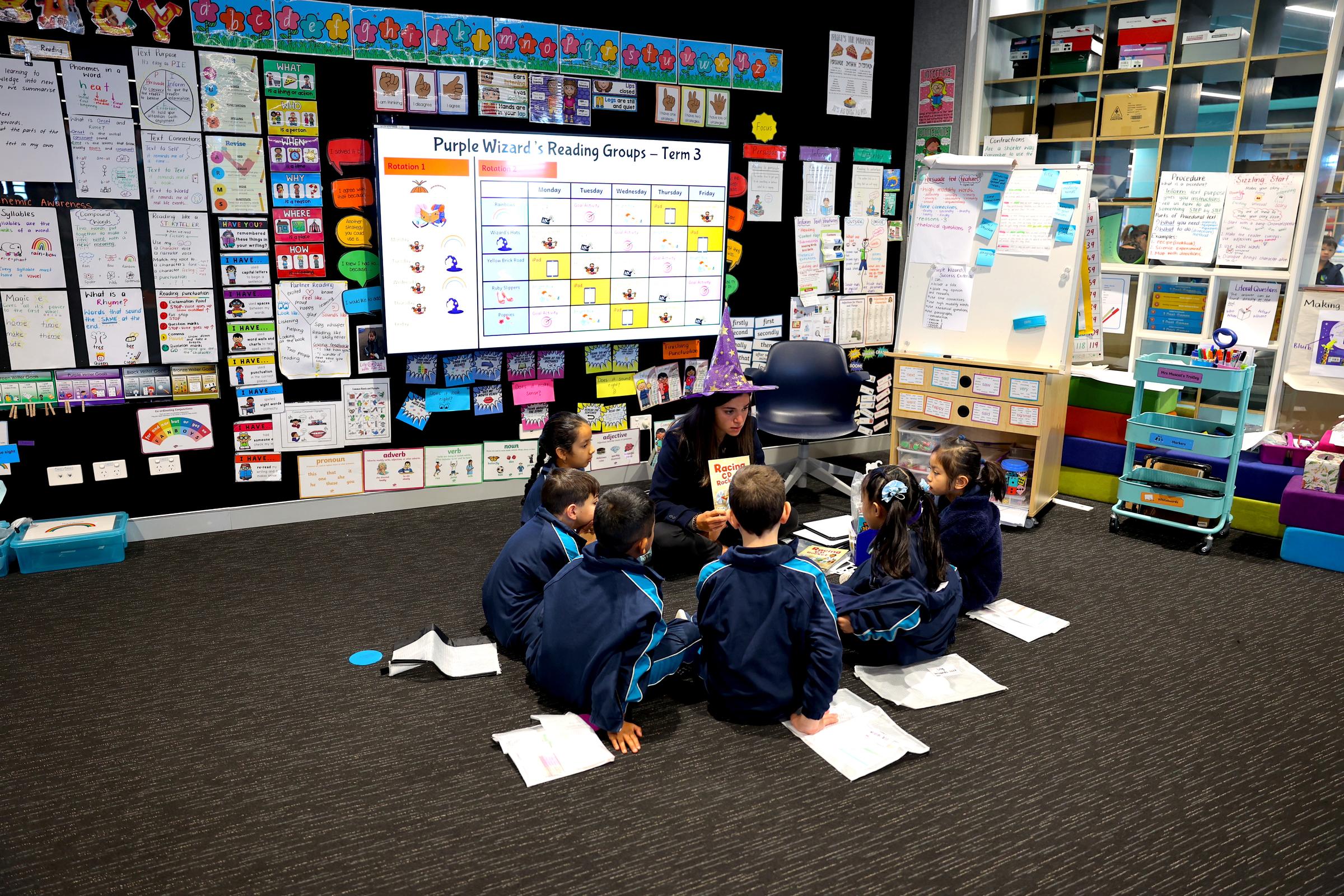
School of Foundations
This term, it was a pleasure to attend the First Holy Communion of some of our Stage 2 students. Our students displayed reverence and grace throughout the Mass. It was lovely to see the excitement on their faces as they received the ‘Body of Christ’ for the first time and during the presentation of their certificates at the end of Mass.
First Holy Communion
The third of the three sacraments of initiation, the Sacrament of Holy Communion is the reception of Christ's Body and Blood. This sacrament is the source of great graces that sanctify us and help us grow in the likeness of Jesus Christ. Catholics believe the Eucharist, or Communion, is both a sacrifice and a meal. We believe in the real presence of Jesus, who died for our sins. As we receive Christ's Body and Blood, we also are nourished spiritually and brought closer to God.
We become one with him, and we become one with each other. As a community we become 'the body of Christ'.
Student Led Conferences
Next week, parents have the opportunity to attend student led conferences. The benefits of student-led conferences are they promote increased student ownership as students take an active role in their conferences as well as a sense of ownership and responsibility for their learning. They become active participants in the process and take pride in showcasing their progress, achievements, and areas for improvement.
Student-led conferences provide an opportunity for students to enhance their communication skills. They learn to articulate their thoughts, express their ideas, and discuss their learning experiences with confidence. These skills are valuable for future academic and professional endeavours.
Students engage in self-reflection as they prepare for their conferences. They review their work, assess their strengths and weaknesses, and set goals for further improvement. This process promotes self-awareness, metacognition, and a deeper understanding of their learning journey.
Student-led conferences foster stronger relationships between students, parents, and teachers. When students present their progress, parents gain insight into their child's learning experiences directly from the student's perspective. This involvement enhances collaboration and trust among all stakeholders.
Through student-led conferences, students actively participate in goal setting and action planning. They identify areas they want to improve, set specific targets, and devise strategies to achieve them. This process empowers students to take responsibility for their learning and develop essential skills in self-regulation and goal attainment.
It provides an authentic assessment opportunity where students showcase their work, demonstrate their understanding, and reflect on their progress. This method moves beyond traditional test scores and grades, allowing students to showcase their knowledge, skills, and growth in a more holistic manner.
Student-led conferences promote a sense of empowerment and boost students' confidence. When they have the opportunity to present their work and accomplishments, students develop a positive self-image, gain pride in their achievements, and build confidence in their abilities.
It actively involves parents in the learning process. By attending these conferences, parents gain a deeper understanding of their child's strengths, challenges, and progress. They become partners in their child's education, fostering a supportive home-school connection.
Overall, student-led conferences promote student agency, communication skills, self-reflection, and stronger relationships between students, parents, and teachers. They offer a valuable platform for students to showcase their growth and actively engage in their learning journey.
How can I help my child during the holidays?
Learning during the holidays can be a fun and enriching experience for your child. Here are some ways you can help your child learn during this time:
- Reading: Encourage your child to read books that interest them. Visit the library together or set aside dedicated reading time at home. Discuss their favourite books and ask them questions to enhance their comprehension and critical thinking skills.
- Educational Games and Apps: There are numerous educational games and apps available that make learning enjoyable. Look for age-appropriate options that cover various subjects such as maths, science, languages, and problem-solving. Engage with your child while they play and discuss the concepts they are learning.
- Hands-on Experiments and Projects: Plan some hands-on activities that promote learning. Conduct science experiments, build models, or engage in arts and crafts projects. This can foster creativity, critical thinking, and problem-solving skills.
- Field Trips and Excursions: Visit museums, zoos, botanical gardens, or historical sites in your area. These trips provide a great opportunity for your child to explore and learn about new things. Encourage them to ask questions and engage with the exhibits.
- Cooking and Baking: Involve your child in cooking and baking activities. They can learn about measurements, fractions, and following instructions. Additionally, they will gain valuable life skills and have fun creating delicious treats.
- Journaling or Writing: Encourage your child to keep a holiday journal or write short stories. This can improve their writing skills and spark their imagination. You can also write together, taking turns adding to a story or creating a collaborative piece.
- Online Courses or Tutoring: If your child has specific areas of interest or needs additional academic support, consider enrolling them in online courses or arranging tutoring sessions. Many platforms offer interactive courses that cater to various subjects and age groups.
- Family Discussions and Debates: Engage in meaningful conversations with your child. Encourage them to share their thoughts and opinions on various topics. This can improve their communication skills, critical thinking, and broaden their perspective.
- Outdoor Activities: Encourage physical activities such as hiking, biking, or playing sports. Outdoor play helps in the development of gross motor skills, provides opportunities for exploration, and promotes a healthy lifestyle.
- Set Goals and Rewards: Encourage your child to set learning goals for the holidays. This could be completing a certain number of books, mastering a new skill, or achieving a specific academic target. Offer small rewards or incentives to motivate them.
Remember, it's essential to strike a balance between structured learning activities and allowing your child to relax and enjoy their holidays. Let them have some unstructured playtime to unwind and recharge for the upcoming academic term.
Sight Word & High Frequency Games
Ms Pecnik
Head of School of Foundations: K-4
ES1
Reading
Reading has commenced well in Kindergarten this term. Guided reading sessions are integrated into our literacy block each day which gives students the opportunity to read in a small group with their teacher. We model reading to our students as well as provide a number reading strategies to develop fluency and comprehension. Small word-work using sight words and magnetic letters are also provided in the session which support growth in blending, segmenting and sight word vocabulary.
We are so impressed with our students’ engagement in these sessions and know that they are on the way to becoming skilled independent readers.
Science
In Science, students have been learning about the properties and uses of materials. As their final product for the unit students designed and made a chair for their toy from materials collected and brought in from home. We witnessed students;
- persevering when the task was challenging,
- relating and collaborating with others,
- helping each other,
- problem solving,
- imagining possibilities and
- constructing chairs that reflected their plans.
The students enjoyed the experience and the chairs planned and constructed were fantastic.
‘Love Thy Neighbour’ Liturgy
In Religion, Kindergarten students have continued to consolidate their learning of how ‘Jesus guides us to love our neighbours’. In recent weeks, students have learnt about dignity, what it means, and how they can treat themselves and others with dignity. They engaged in activities which prompted them to share what they thought dignity meant. After the activities were completed, students then had the opportunity to reflect on their new understanding of dignity. Kindergarten got to share this learning with their parents when participating in our liturgy last Wednesday. Students reflected on the story of the Good Samaritan before sharing their learning about dignity.
Maths
Our students have engaged in activities where they were exploring maths problems around forming groups. Examples included putting chicks into equal groups, calves into paddocks and cupcakes into cake boxes.
You may have also heard your child using a new word, ‘Hefting’ as they explored Mass.
This involved lots of predicting, comparing and identifying. As always our maths sessions are filled with hands-on experiences, so the children moved around the classroom hefting objects to compare the weight of the objects (e.g. which is lighter and which is heavier).
STAGE 1
Stage One have had some fantastic learning experiences this term! This week we had a visit from Fizzics Education, supporting our science unit and inquiry question around investigating observable changes in the sky and land. The students were immersed in facts about the atmosphere, earth and space, participated in hands-on experiments and watched the Fizzics Education instructor, David, conduct a science experiment mimicking the effect of gravity and air in space.
Science and Technology - Earth and Space
In Science and Technology, students have been learning about the different observational changes we can see in the sky and on land. We learnt about the different phases of the moon, how day and night occurs, plus seasons and weather and how it works. To further explore these, students have turned into weather reporters as they examine, observe and record weather patterns. Our stage 1 students were also very excited to participate in a science incursion in week 8. They learned all sorts of things about, sound, gravity, light, Mars, different rocks and how they reflect light and lots more. They were very excited to be a ‘scientist’ for the day!
Religion
To build on our unit, ‘What does it mean to belong to a faith community?’ students have explored different kinds of communities, how they can feel that they belong to a community and what it means to belong. Students are now exploring how their actions can help people flourish and how belonging encourages human flourishing. Students engaged in watching a video about how to promote human flourishing and thought about their actions.
Mathematics
In Mathematics this week, students have been learning the most accurate way to measure and compare the area of shapes using informal units. They have experimented with a variety of informal units and through their discoveries, have compared their findings with one another. They have discovered how overlapping or leaving gaps can affect the accuracy of their measurements, as well as the size of informal units used and their suitability and efficacy in measuring the area of shapes.
Art
This term in Art, we have been learning about all things abstract. Abstract Art’s main purpose is to let the viewer interpret the meaning. Students studied Wassily Kandinsky who was known for using geometric forms, lines and colours to express himself. Stage 1 also had the opportunity to analyse warm and cool colours. Toward the end of the term students created their very own Abstract Art, they did an awesome job creating different shapes while carefully selecting colours to reflect themselves.
Stage 2
English
Creative Writing
In stage 2, students have embarked on an exciting journey through creative writing. Students have delved into various aspects of crafting captivating narratives. They have learned about the importance of structure, understanding how to organise their stories with a clear orientation, problem and resolution. Through the use of engaging story starters, the students have been inspired to kickstart their narratives with intriguing openings that hook the reader's attention from the very first sentence. To add depth and vividness to their writing, the students have explored the world of vivid verbs, discovering how carefully chosen action words can bring their stories to life. Additionally, they have experimented with different sentence types, understanding the impact that simple, compound and complex sentences can have. The students have also discovered the power of using descriptive language to paint vivid pictures in the readers' minds. Witness the remarkable creativity and talent of our students as they unleash their imagination and bring their writing to life! Armed with their pens and boundless ideas, students have embarked on a thrilling adventure, using their creative skills to create stunning published copies of their work. With the aid of poster paper or digital tools like Book Creator, they have transformed their stories into captivating visual masterpieces.
Mathematics - 2D Space, Area and Length
In Stage 2, students have been focusing on the intriguing world of Mathematics in 2D space, exploring concepts using the fascinating tool of geoboards. With their new found knowledge, the students went through intricate shapes and polygons on the geoboards and discovered the difference between regular and irregular shapes. One of the lessons focused on showing, naming and classifying different quadrilaterals. Students have been honing their mathematical skills while immersing themselves with both hands on and digital aids to help extend their learning.
Religion - Stage 2 Liturgy
- This week, Stage 2 had their Liturgy. Students were very excited to showcase the wonderful learning they have completed throughout the term. Students have been learning about how Jesus was both man and God. The students read different bible stories which revealed Jesus as both man and God. Students participated in activities recognising Jesus in different ways.
Science - Experiment
This term in Stage 2 science, our students have been exploring the world of scientific experiments by growing lentil seeds. It's been a hands-on and engaging learning experience for them. During this our students have focused on conducting fair experiments. They have learned about important concepts like dependent, independent, and controlled variables. By observing the growth of their lentil seeds, students have learnt about different factors affect plant growth and ways that they can take care of our living world.
